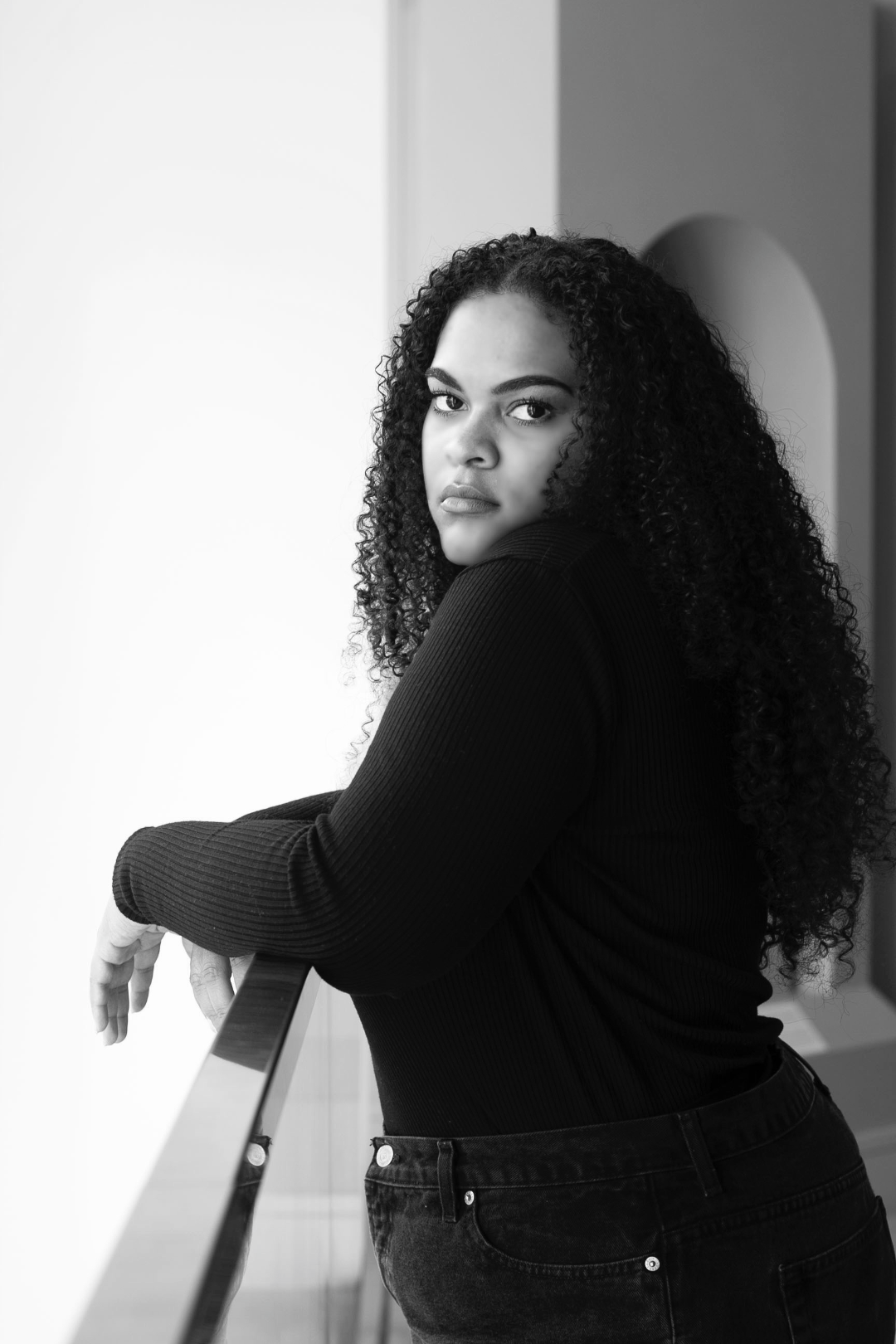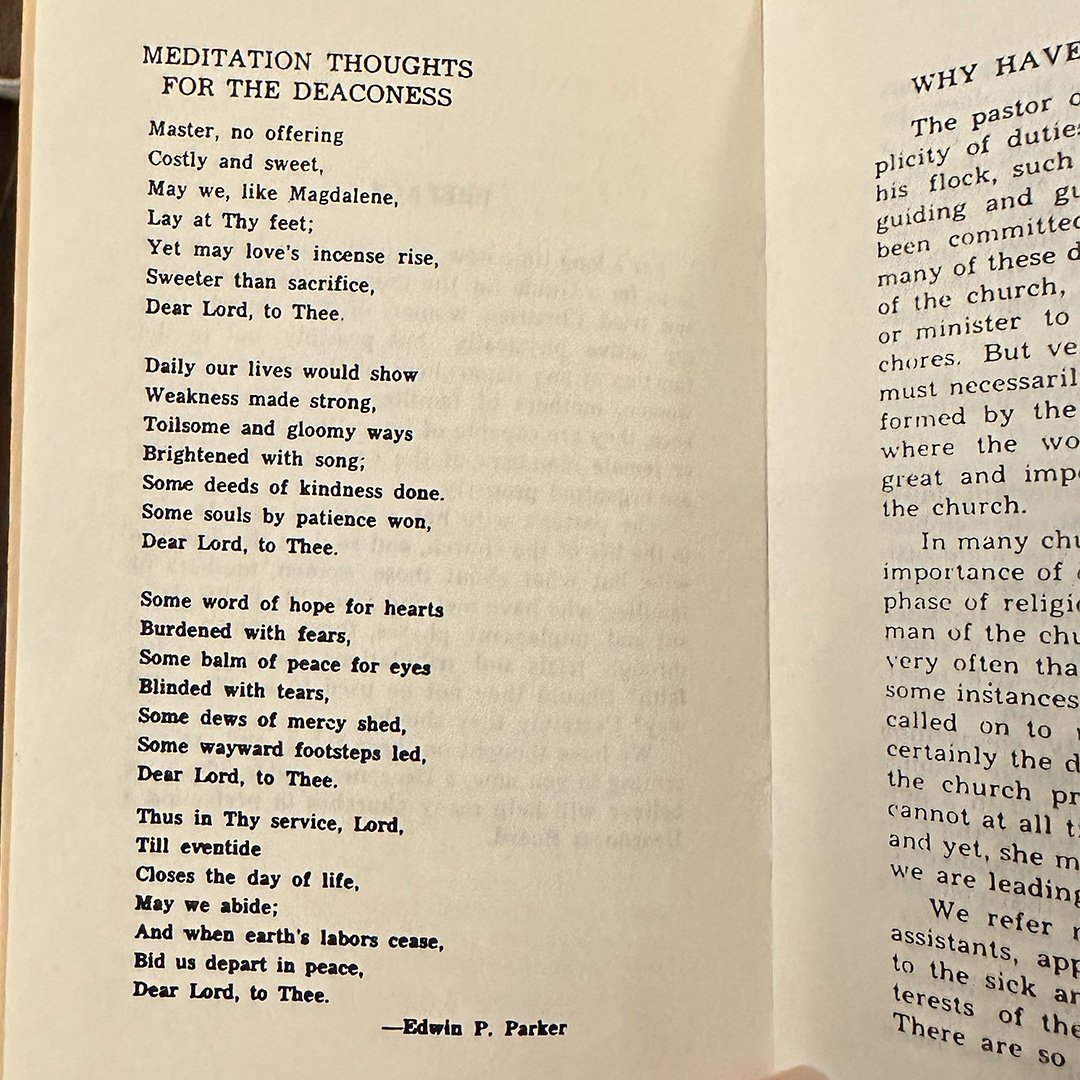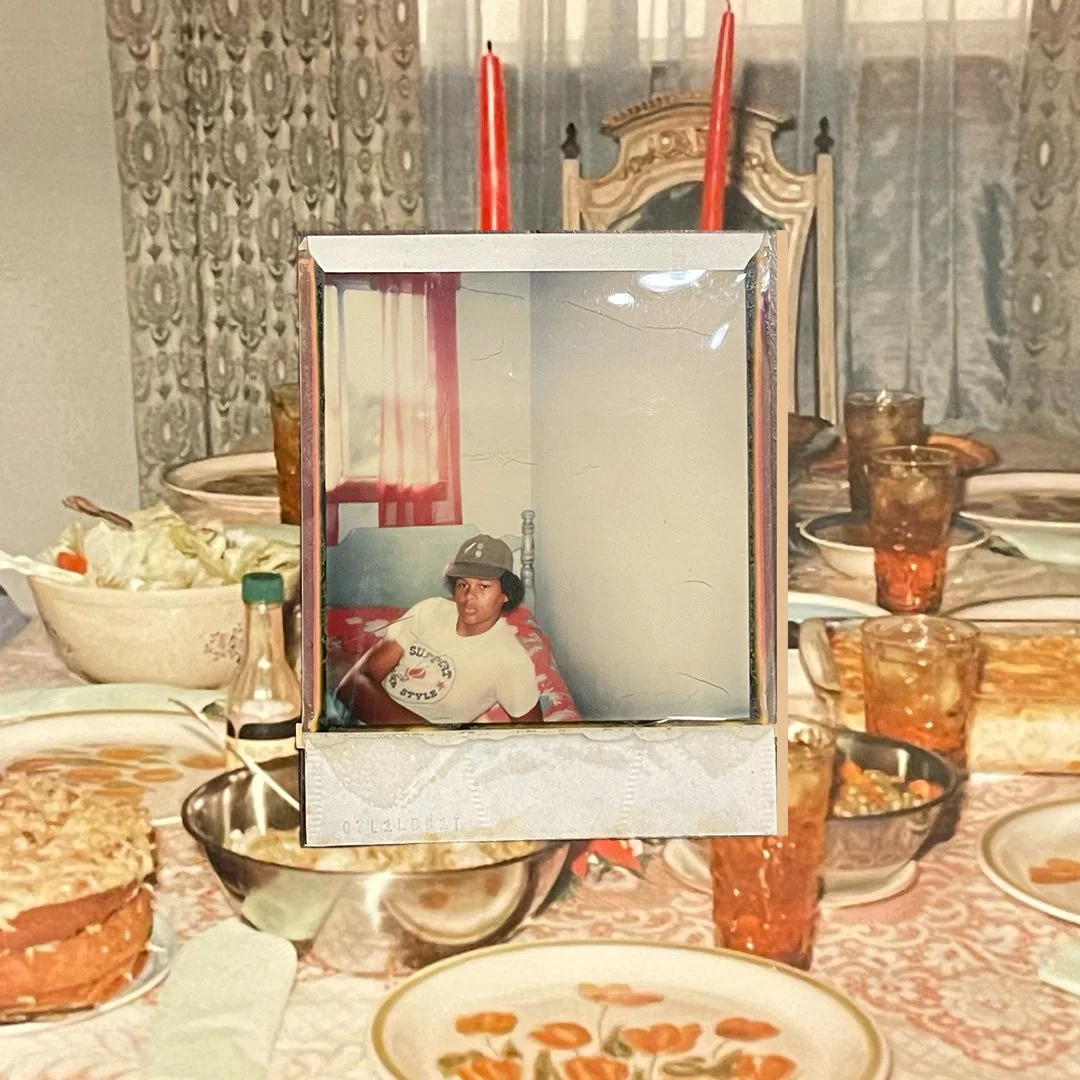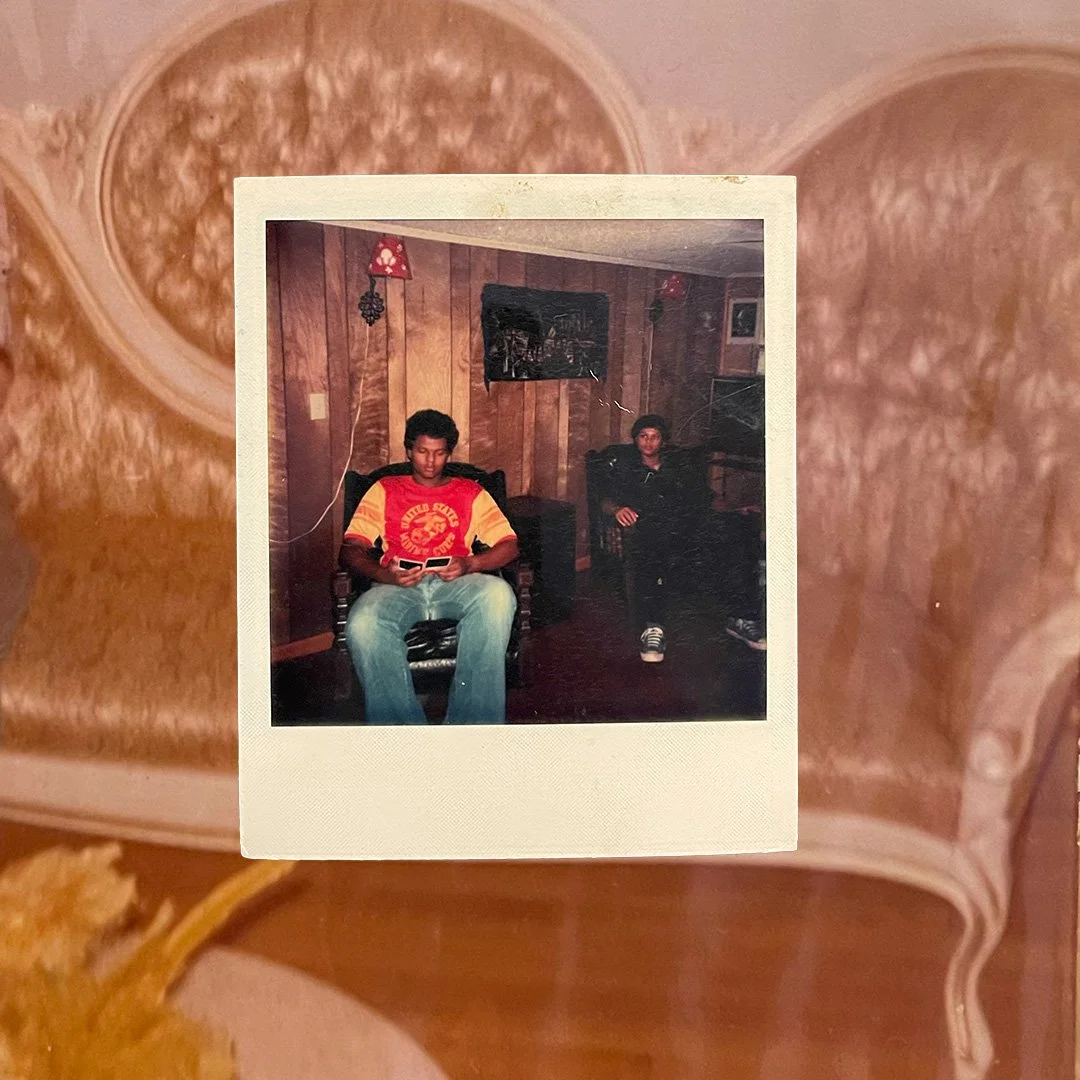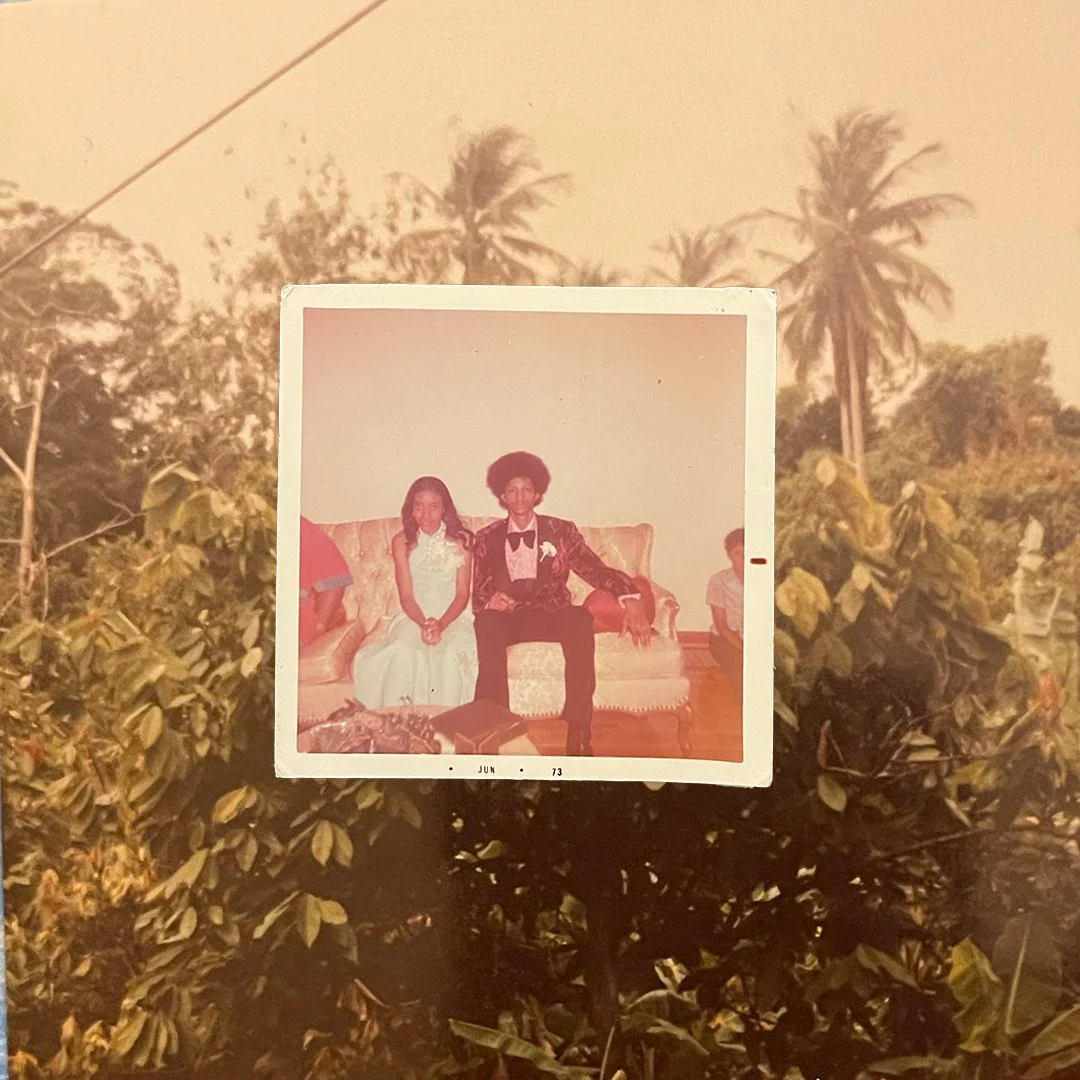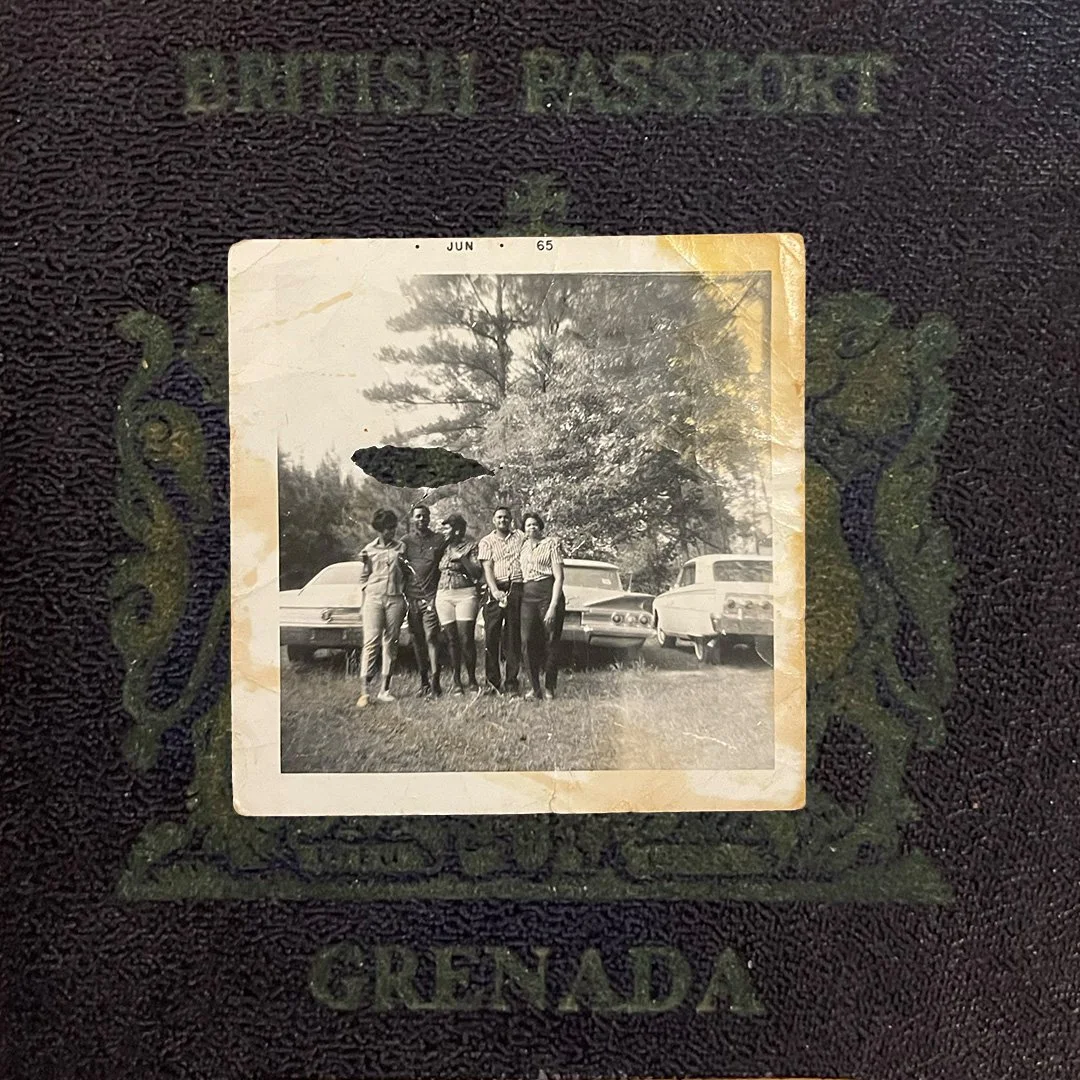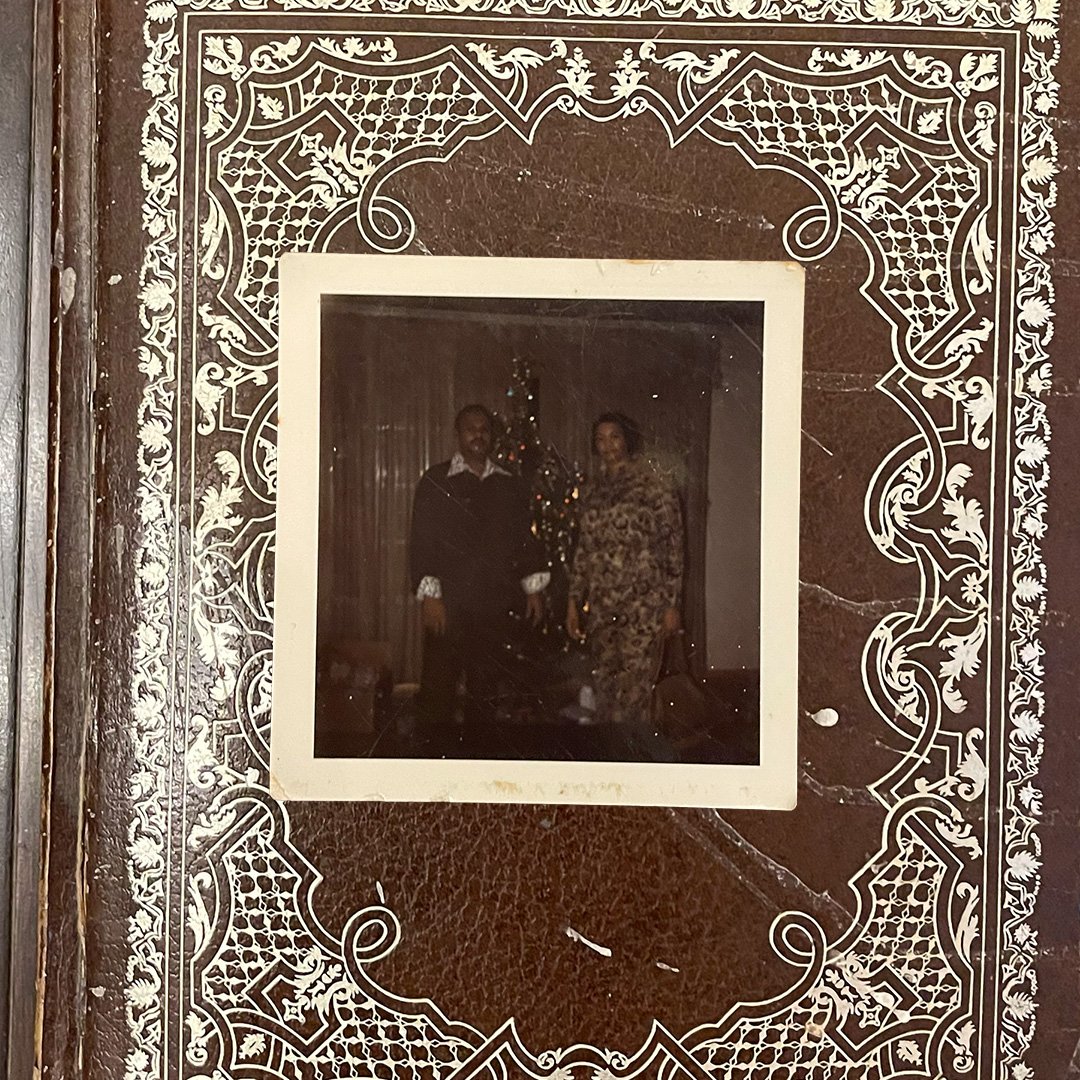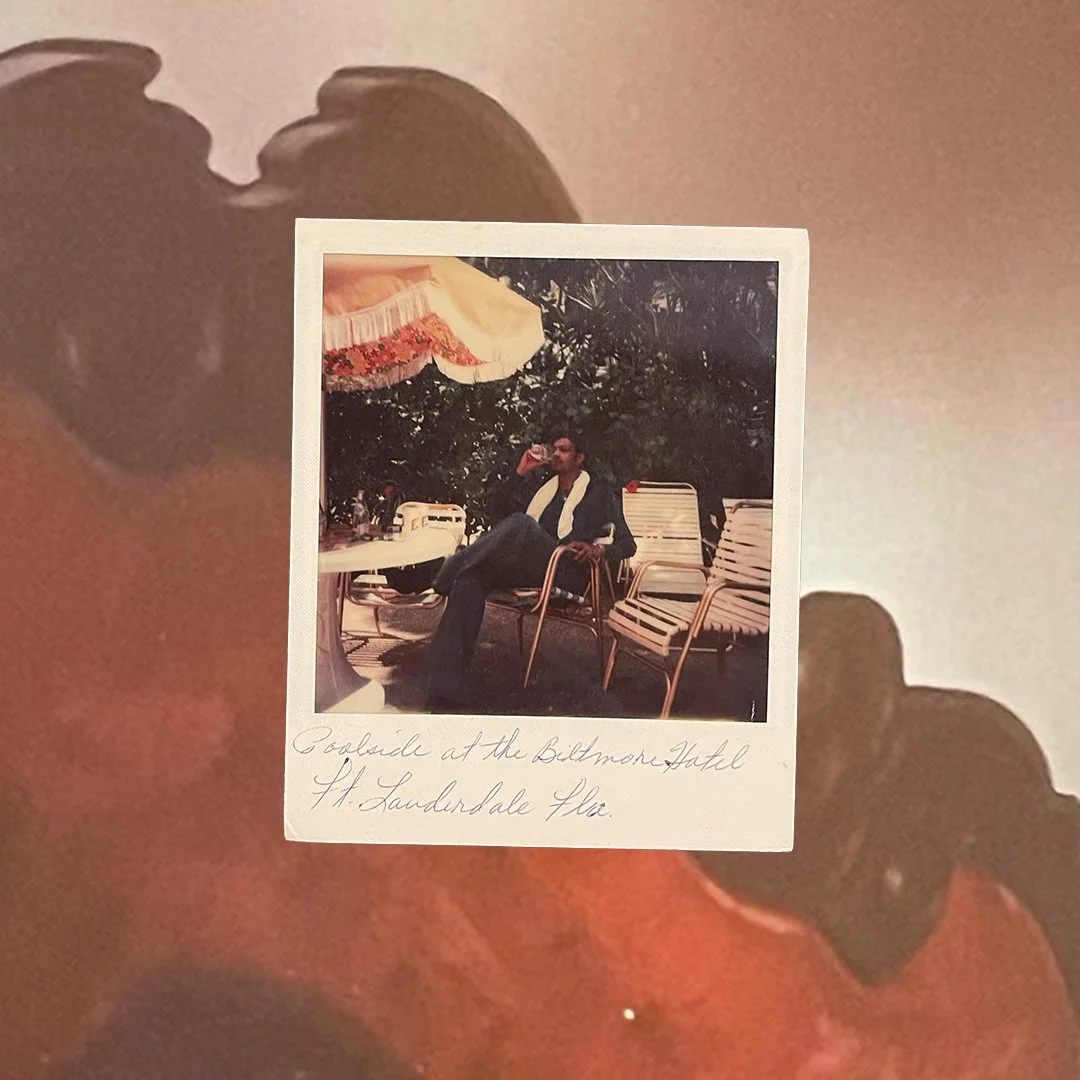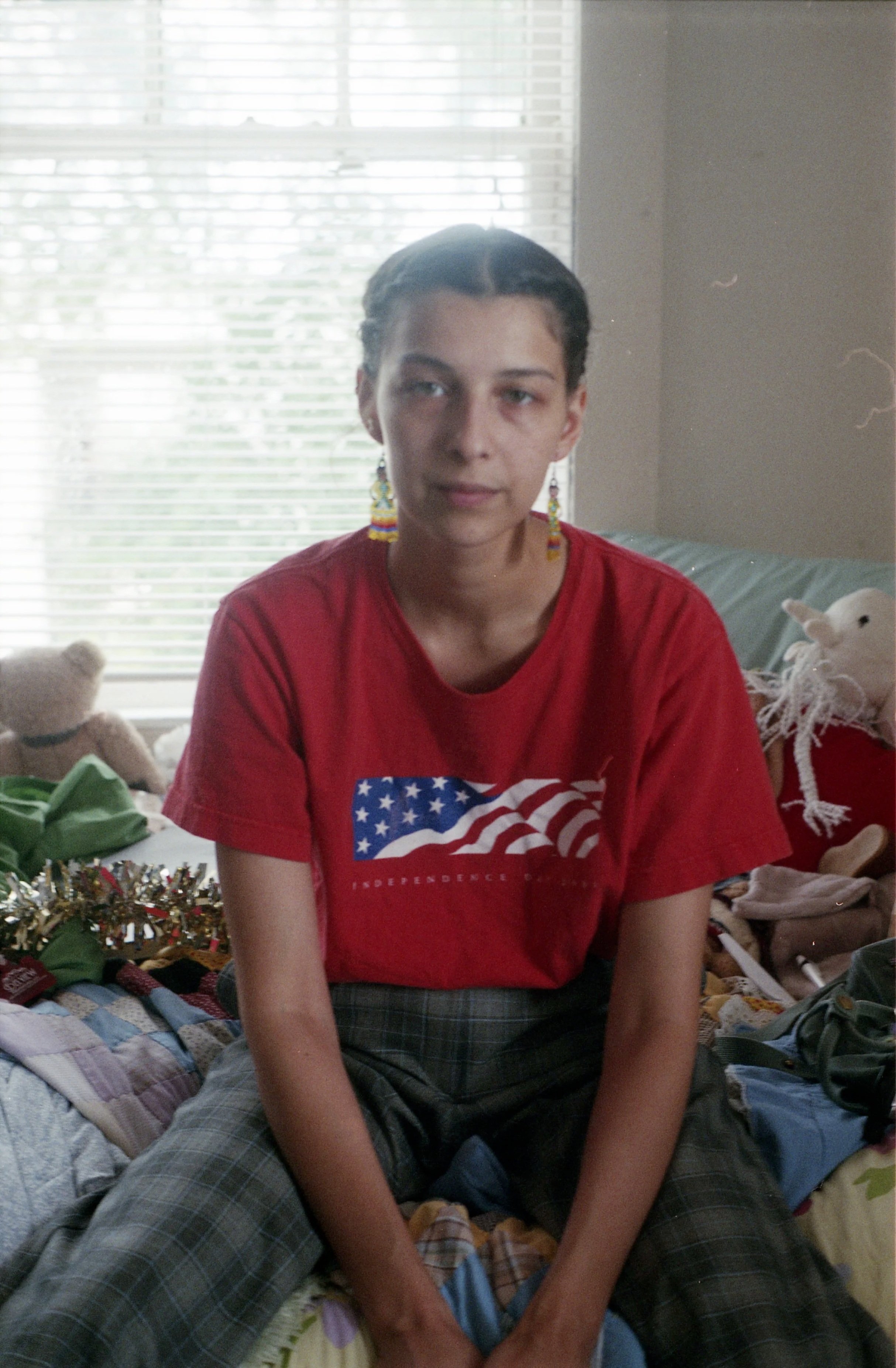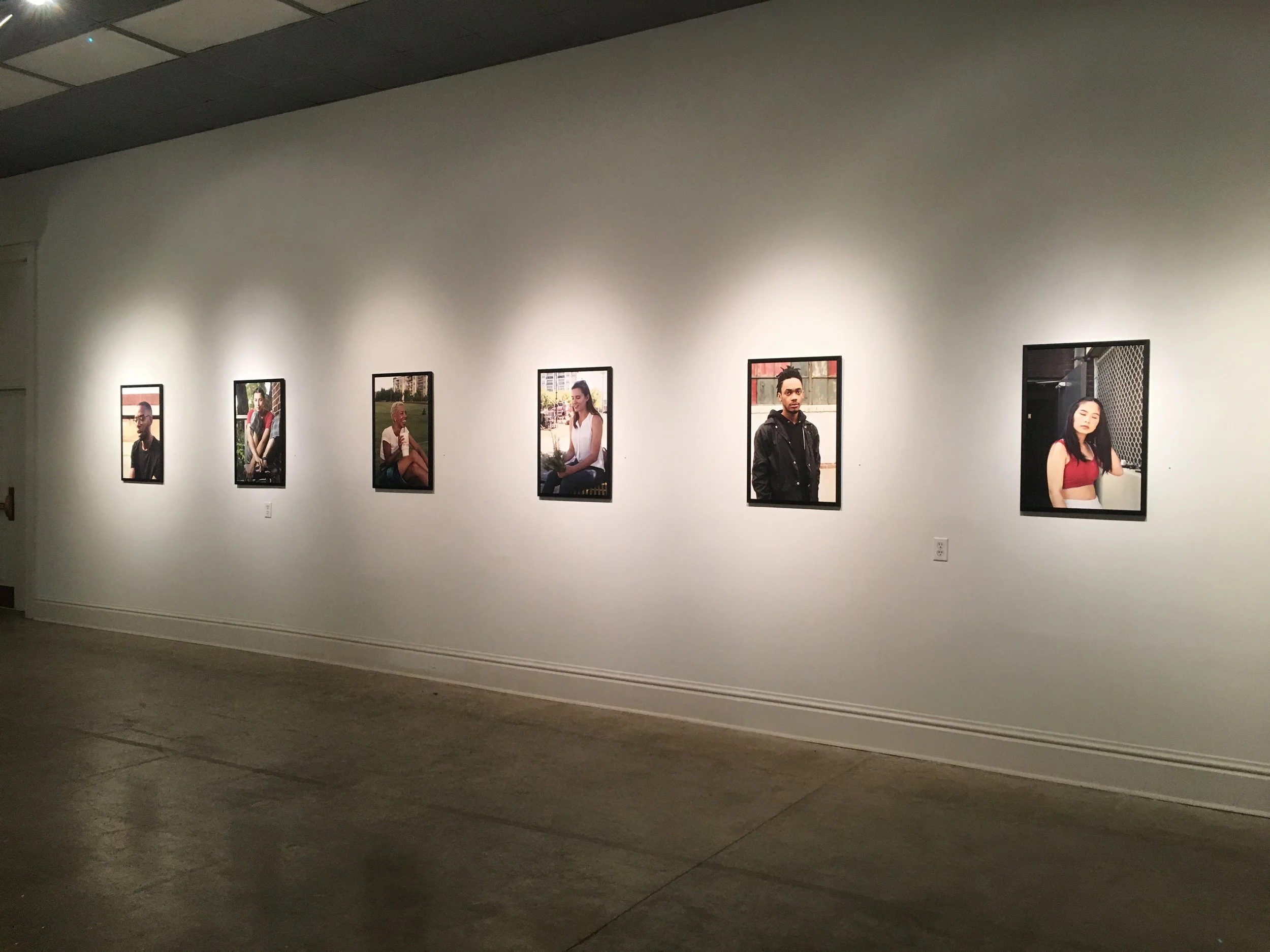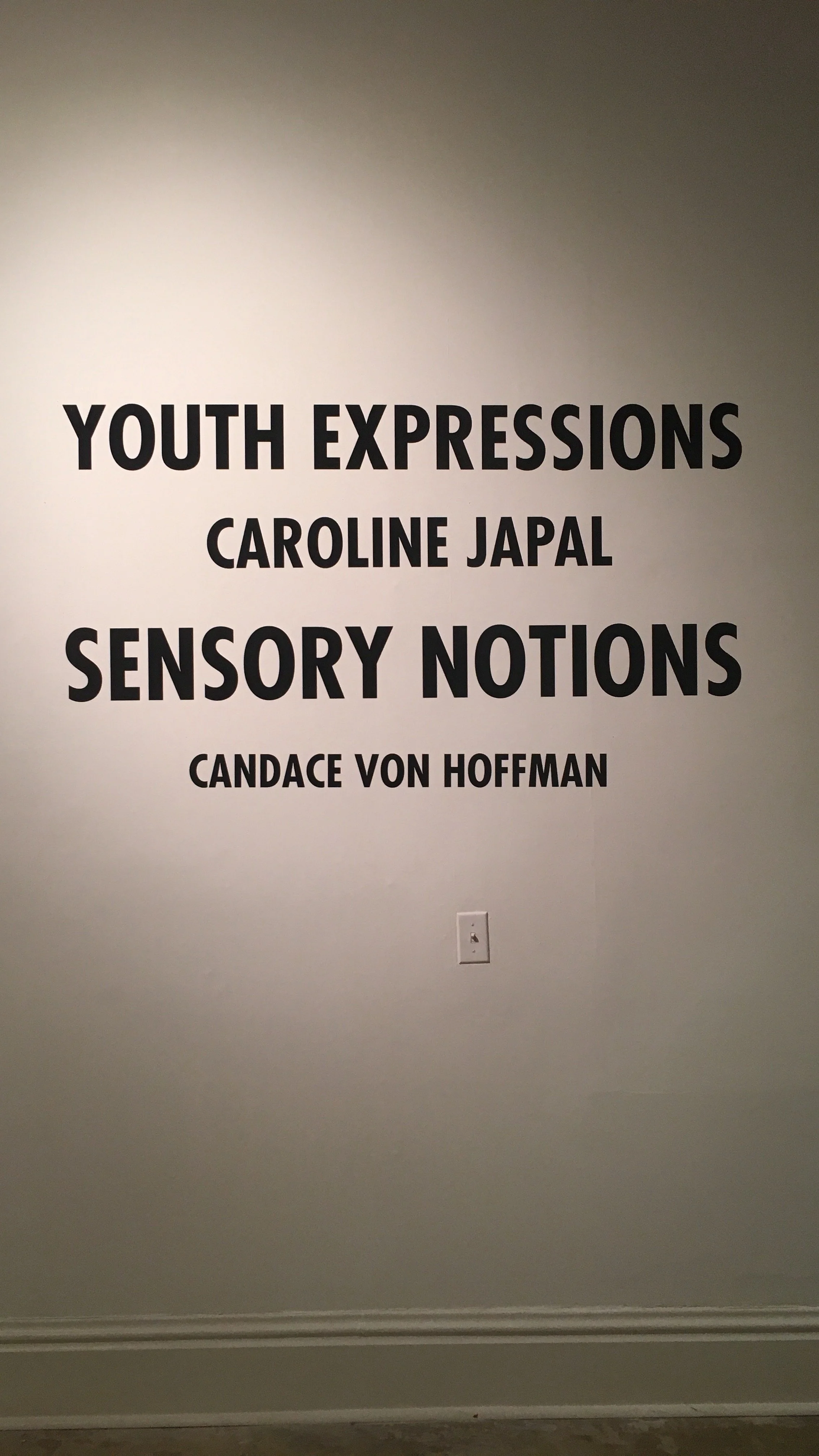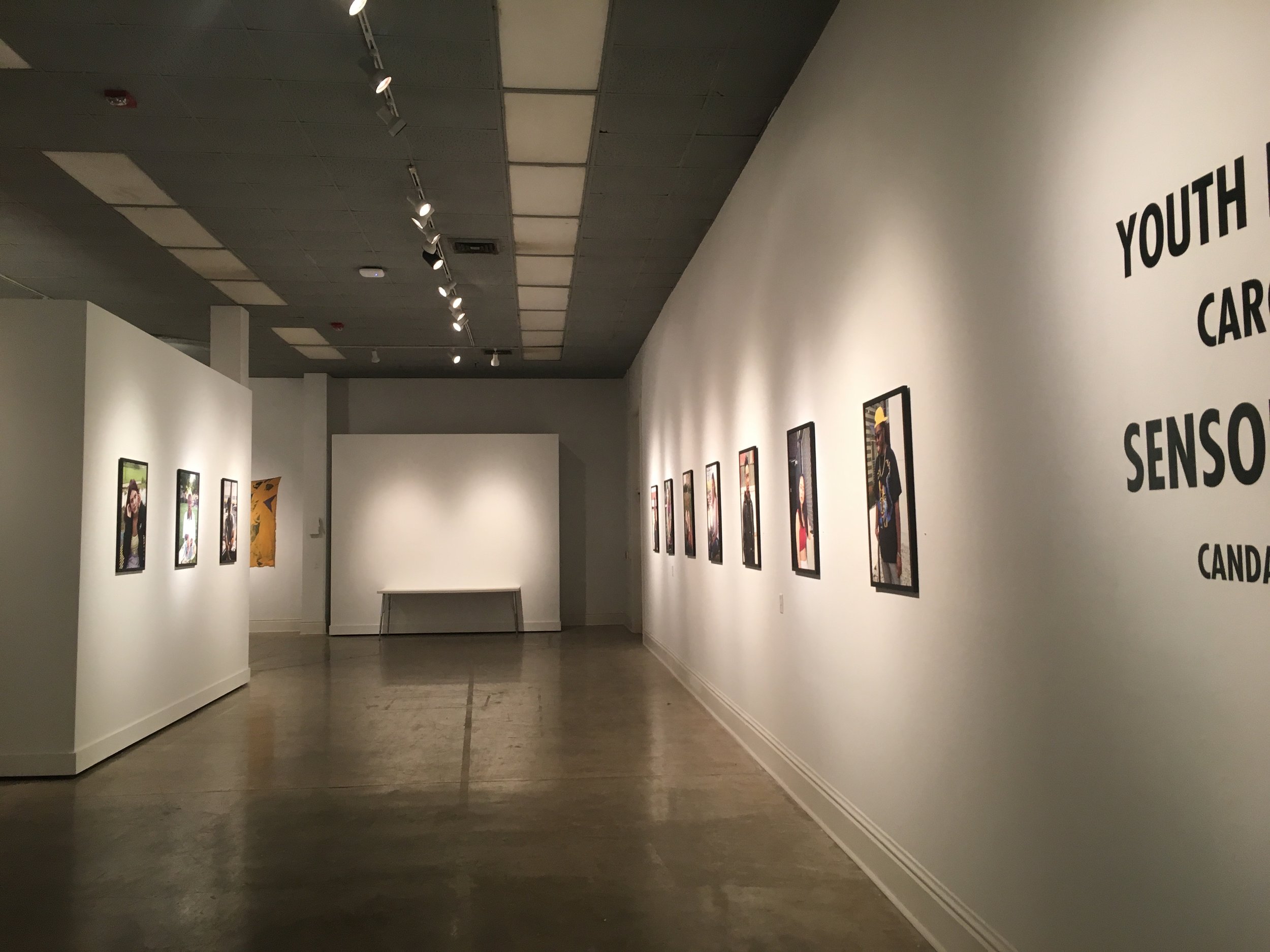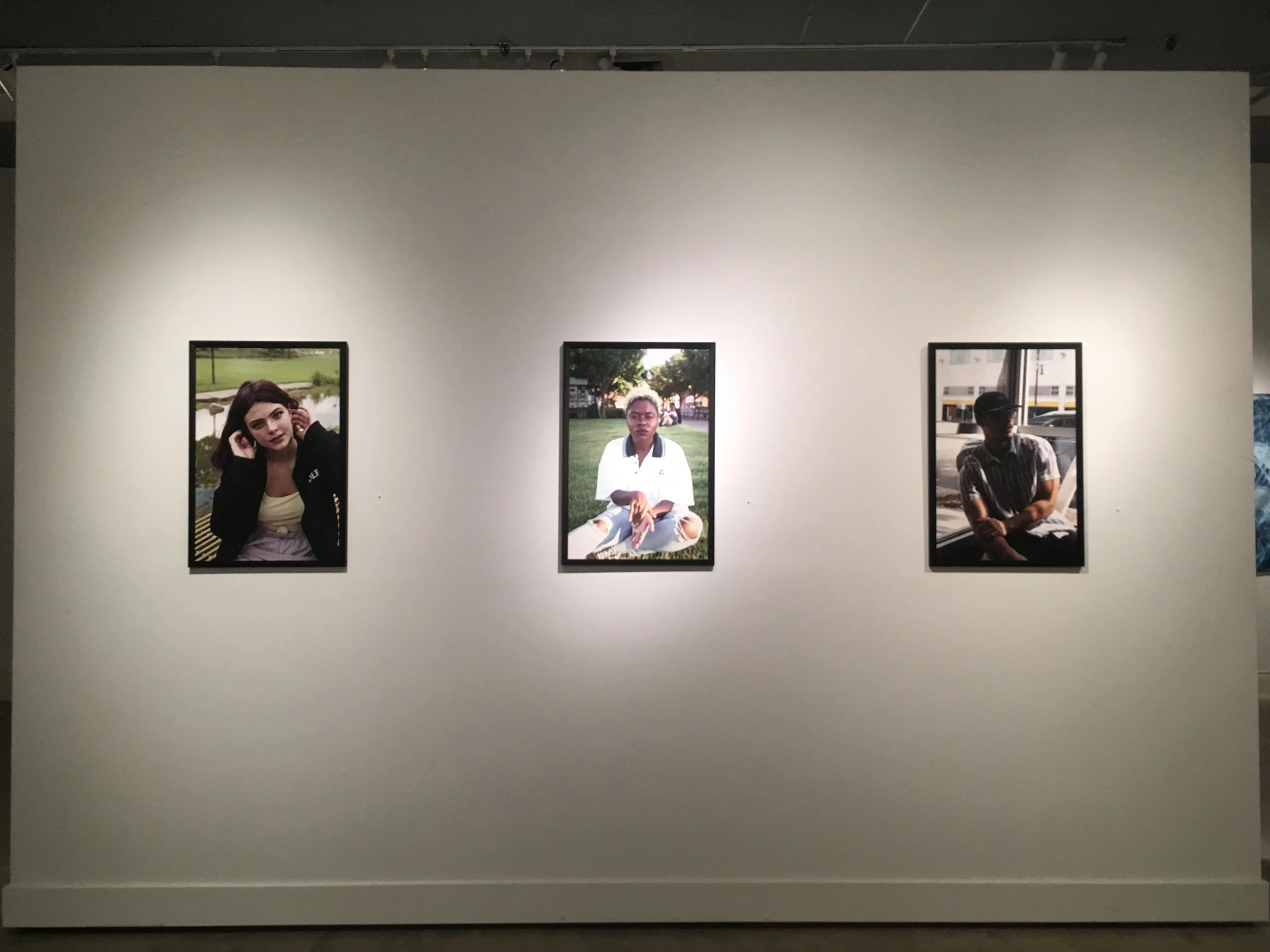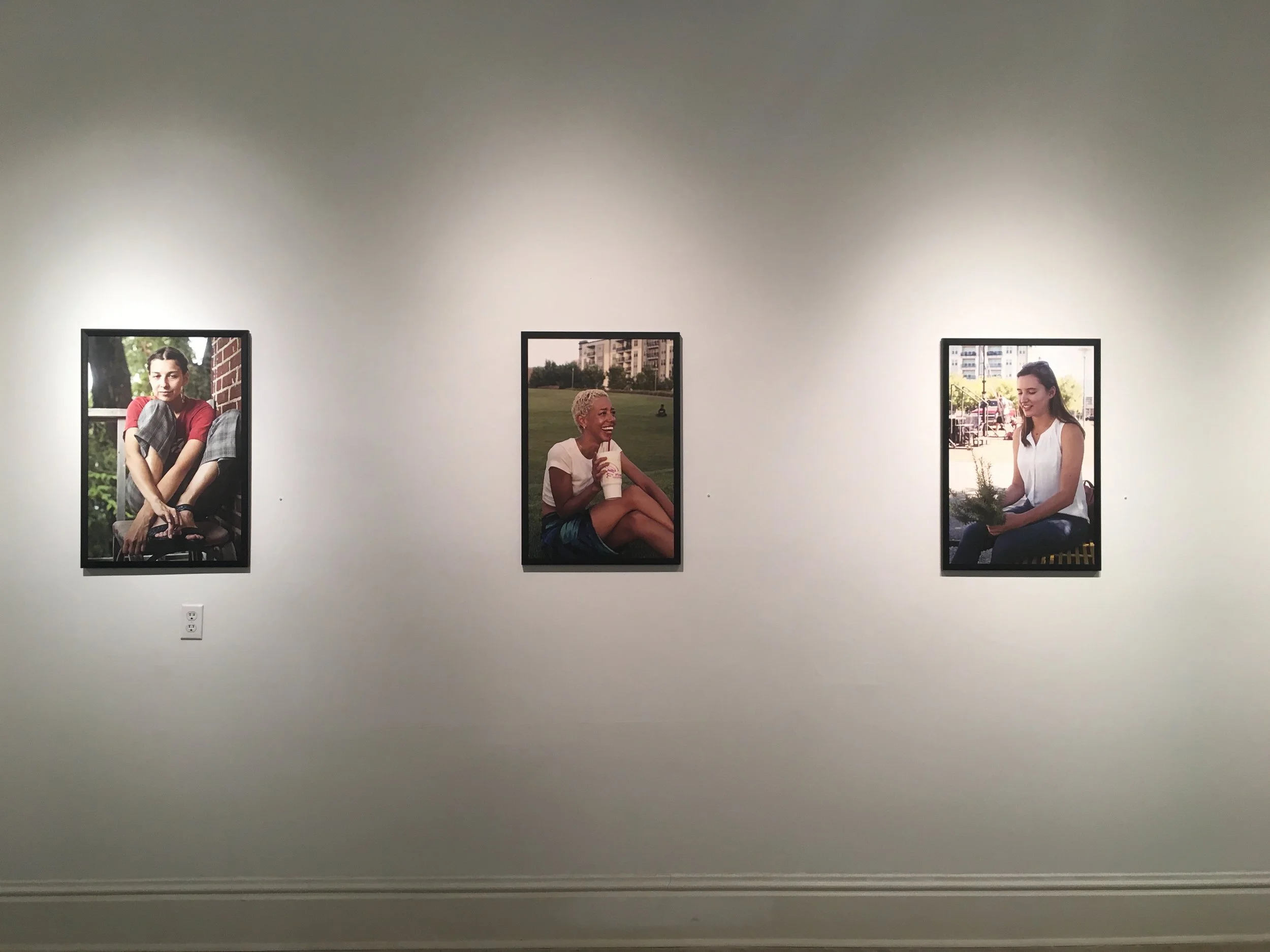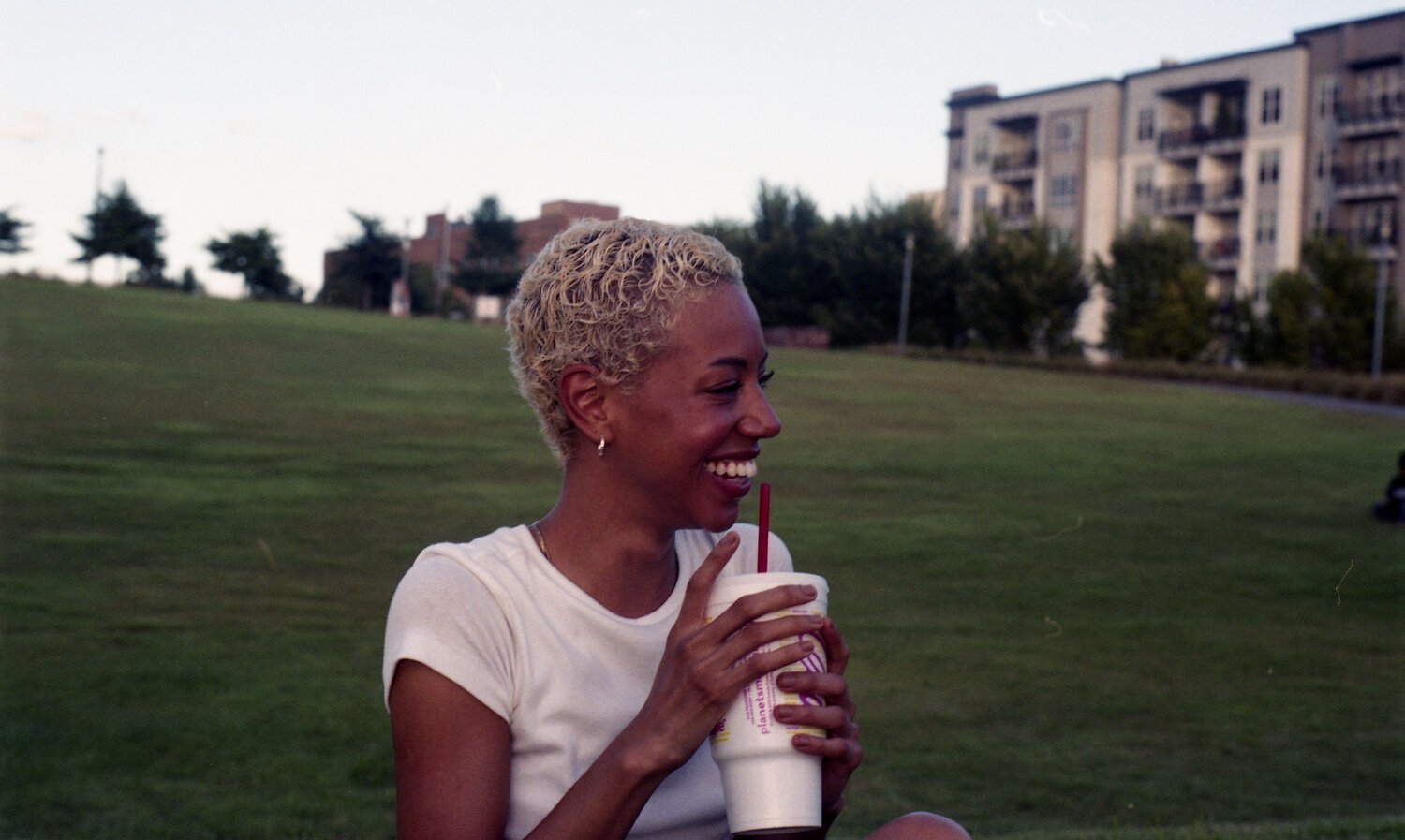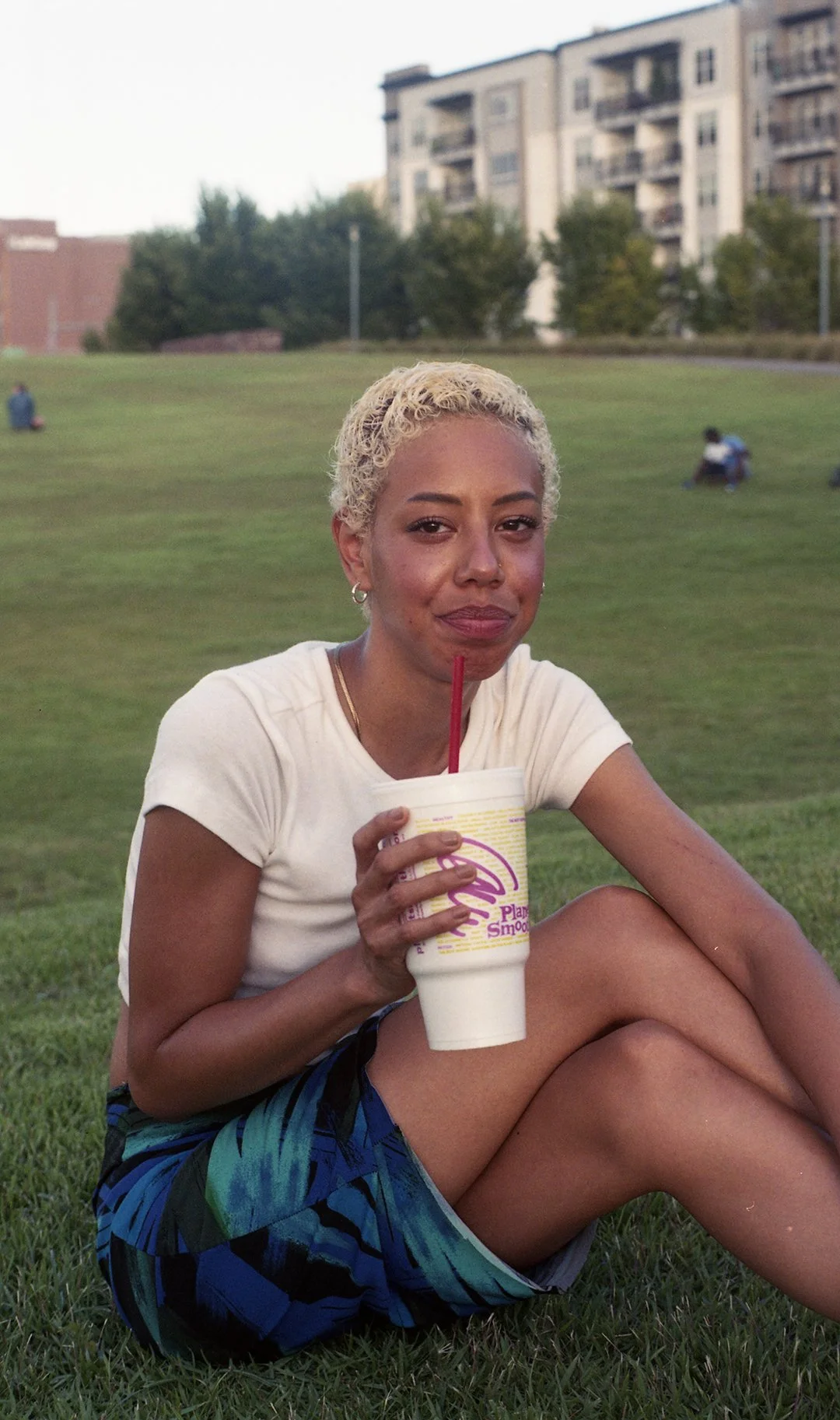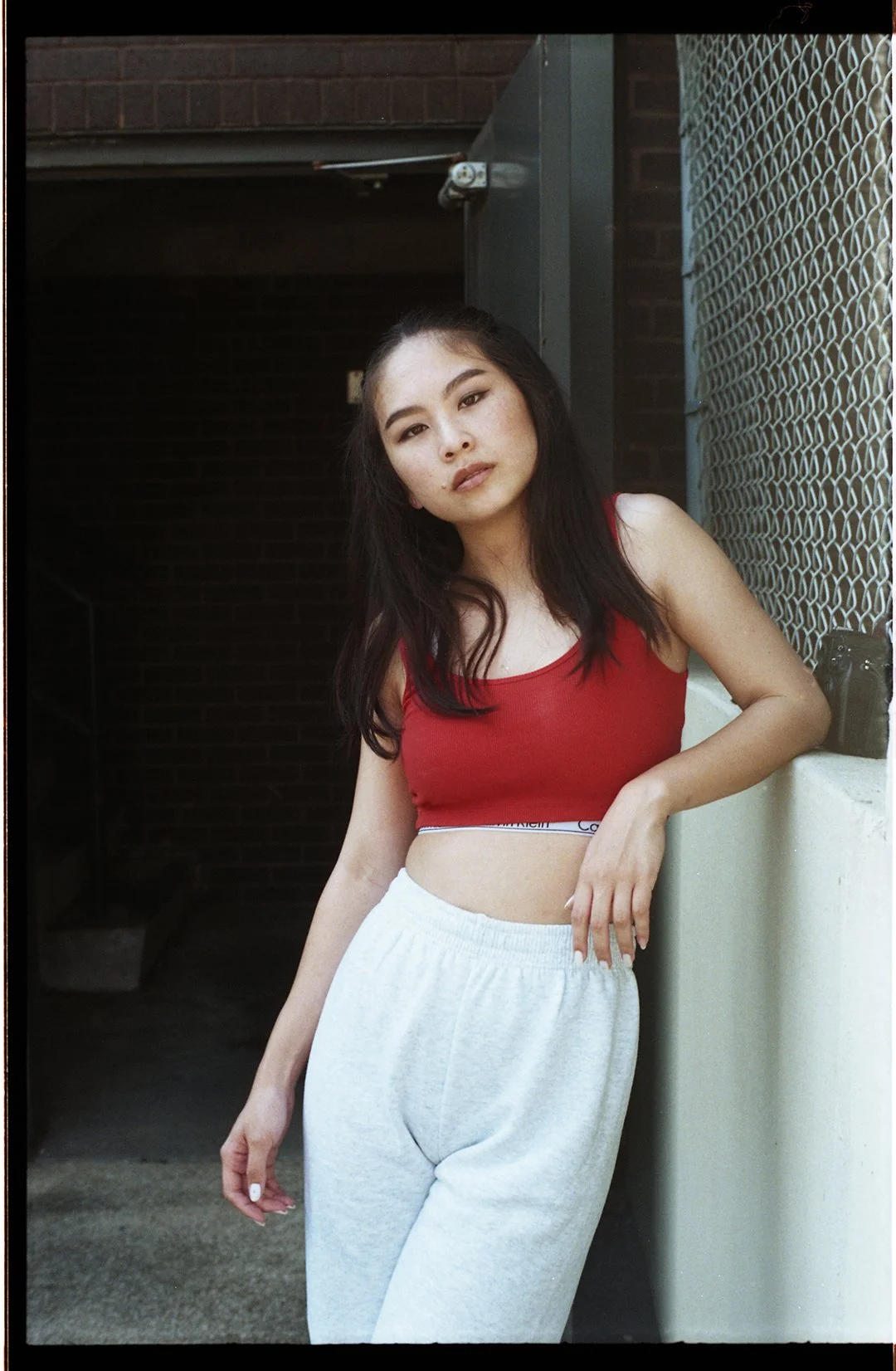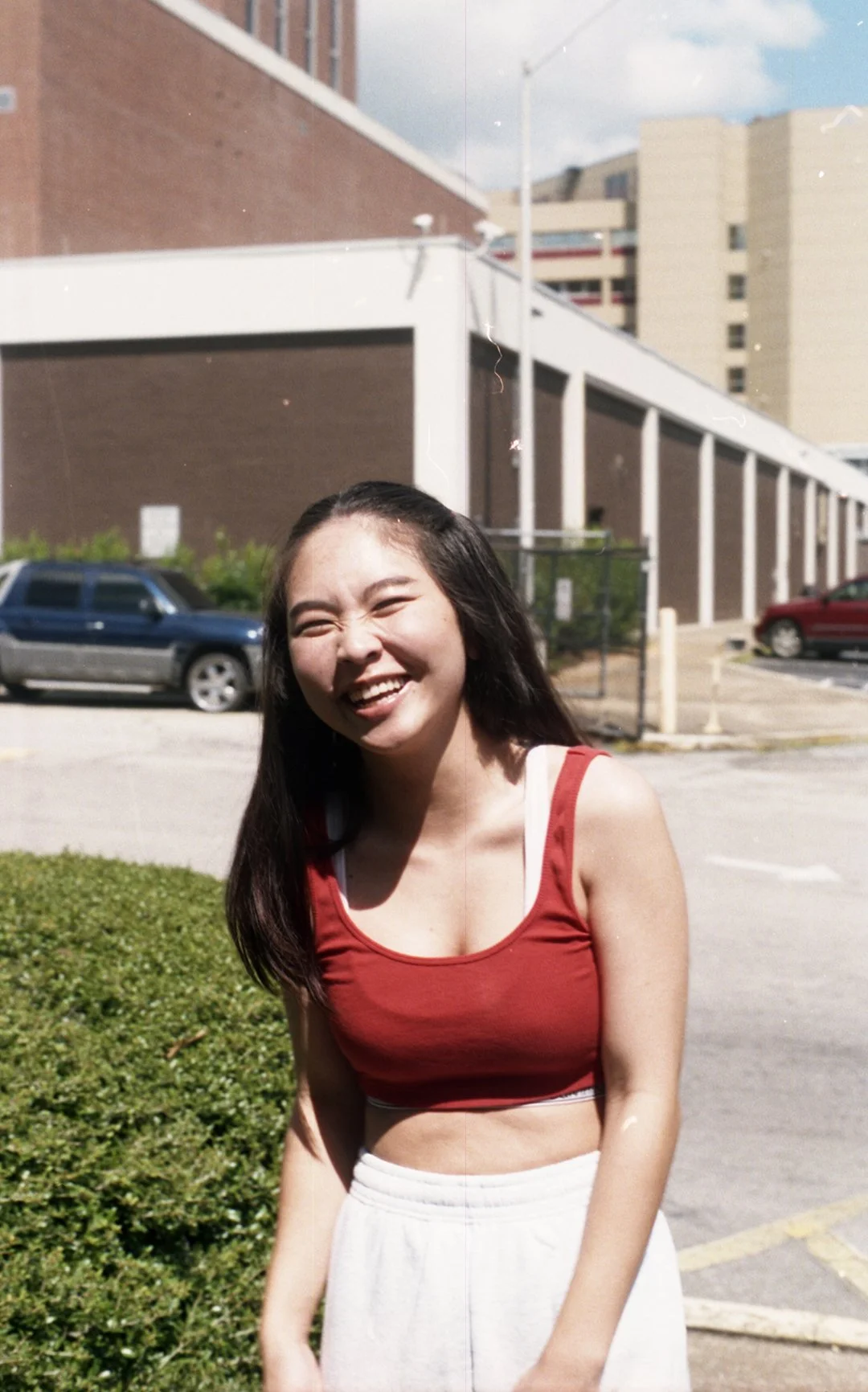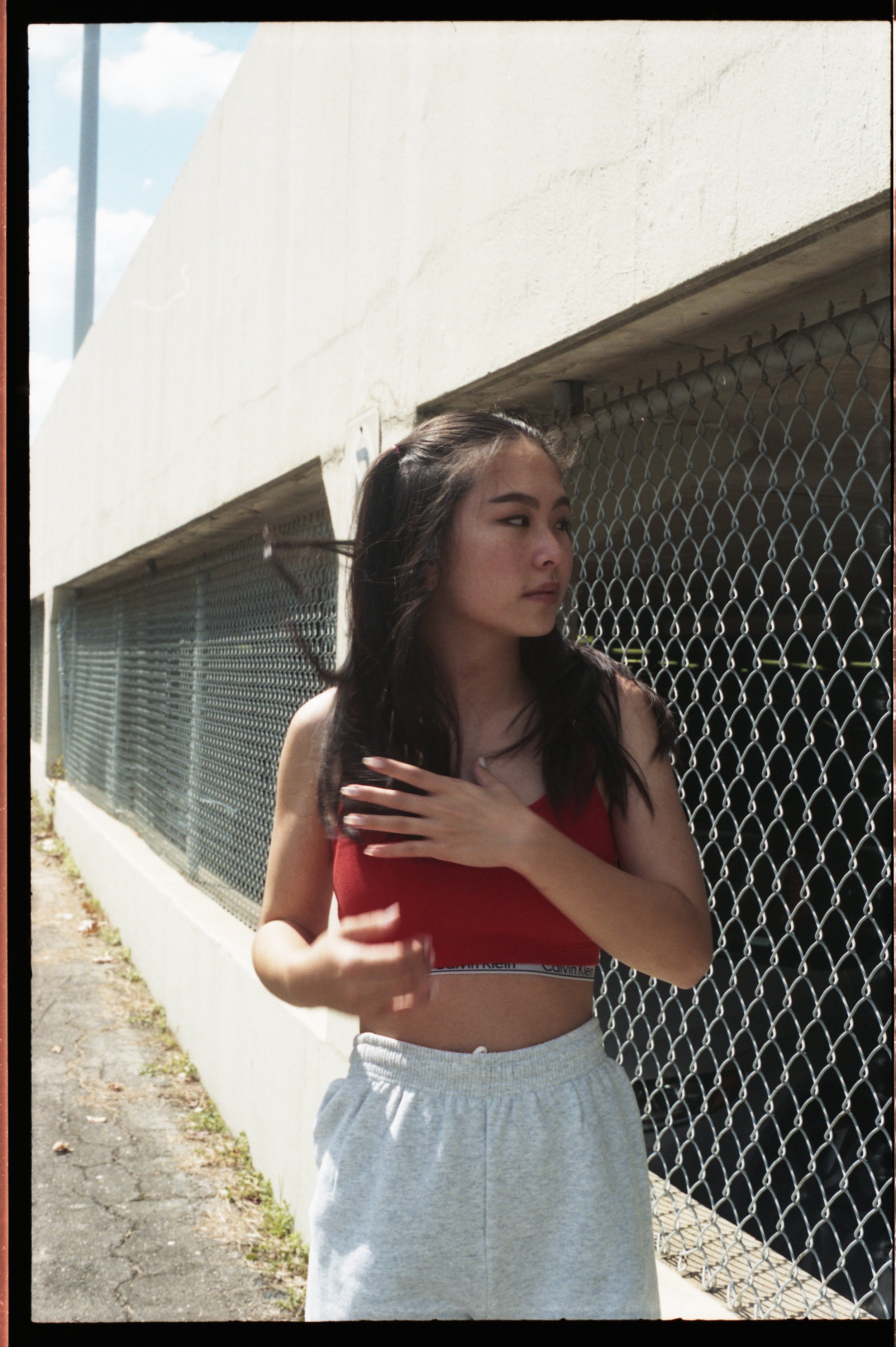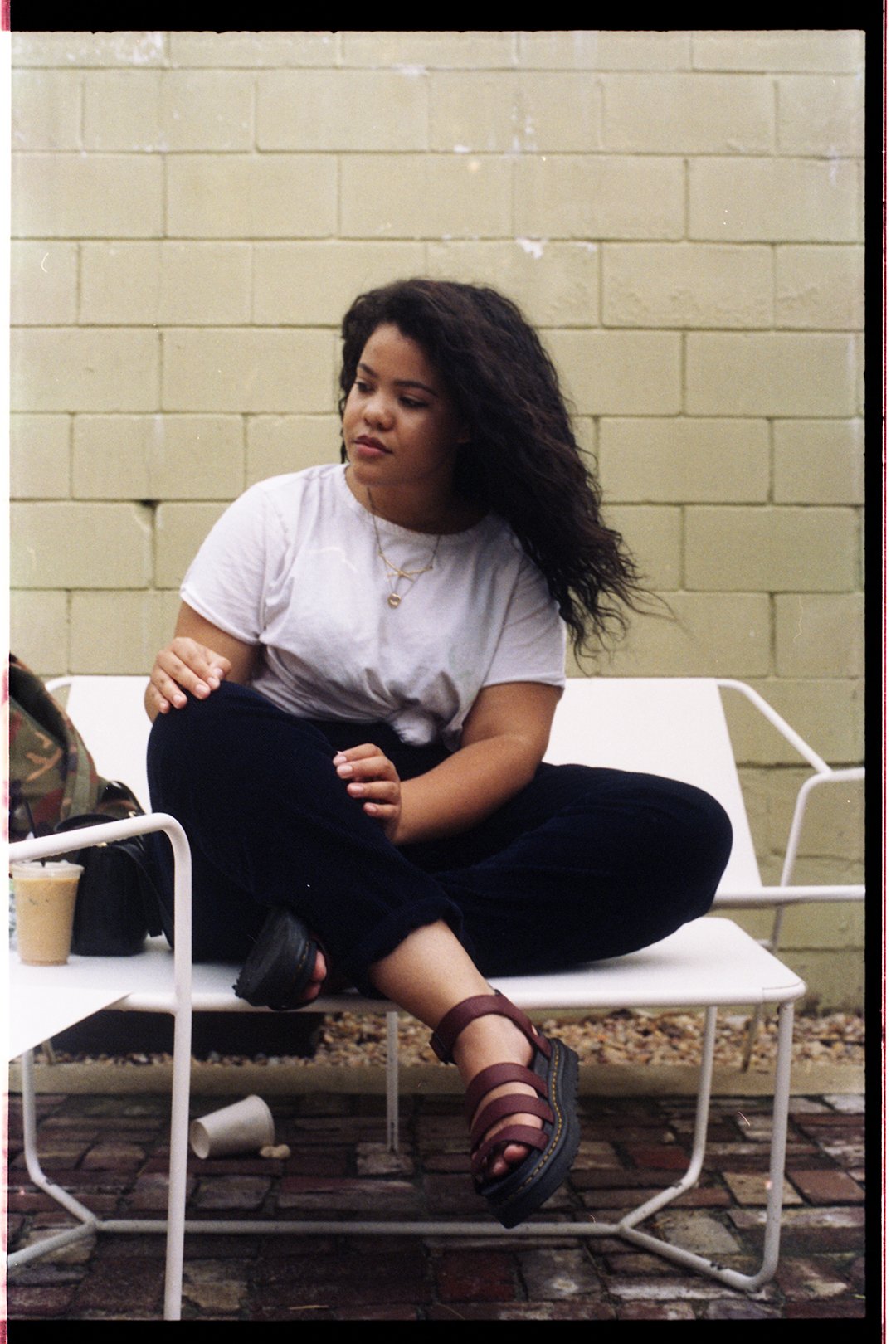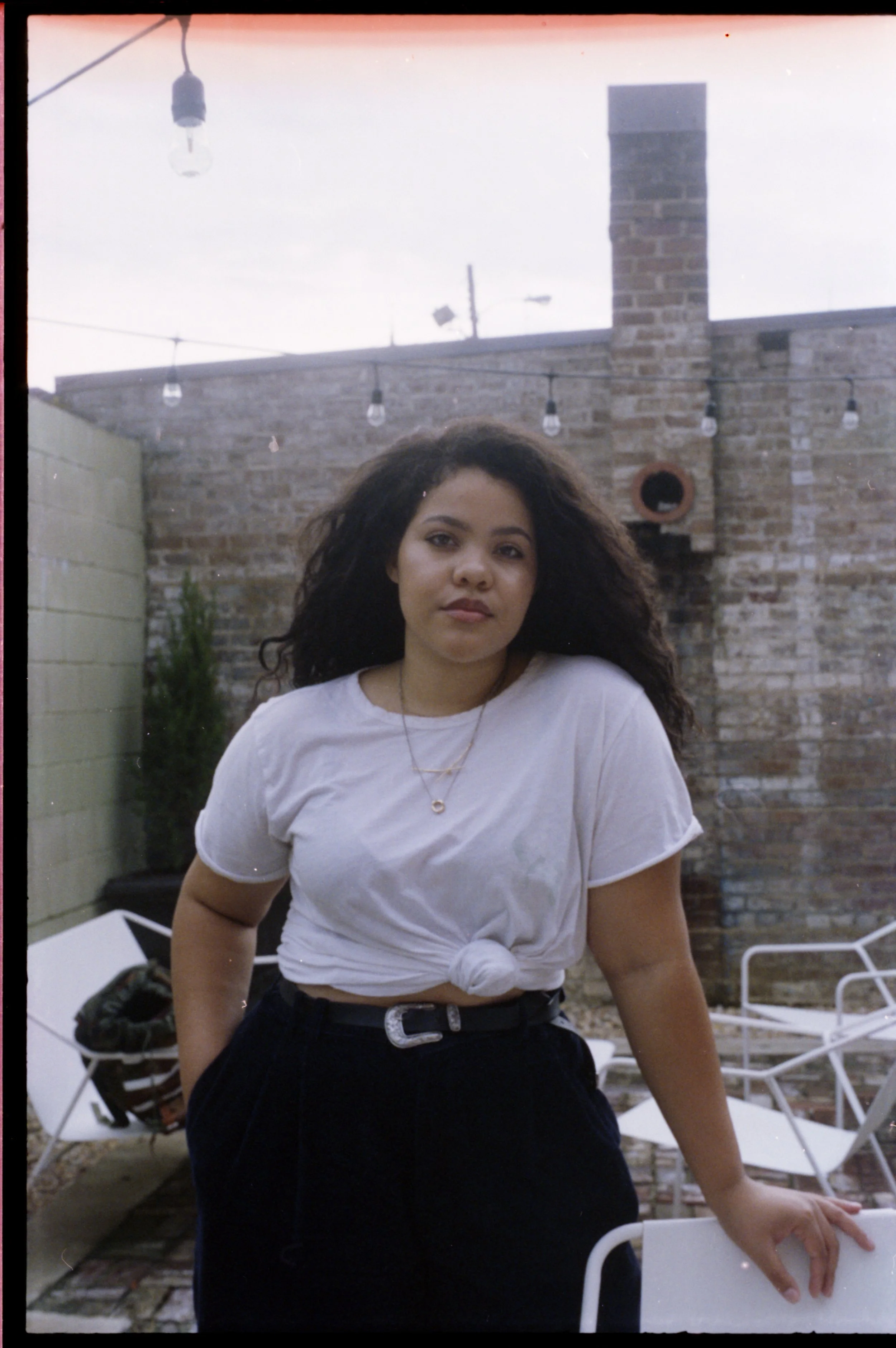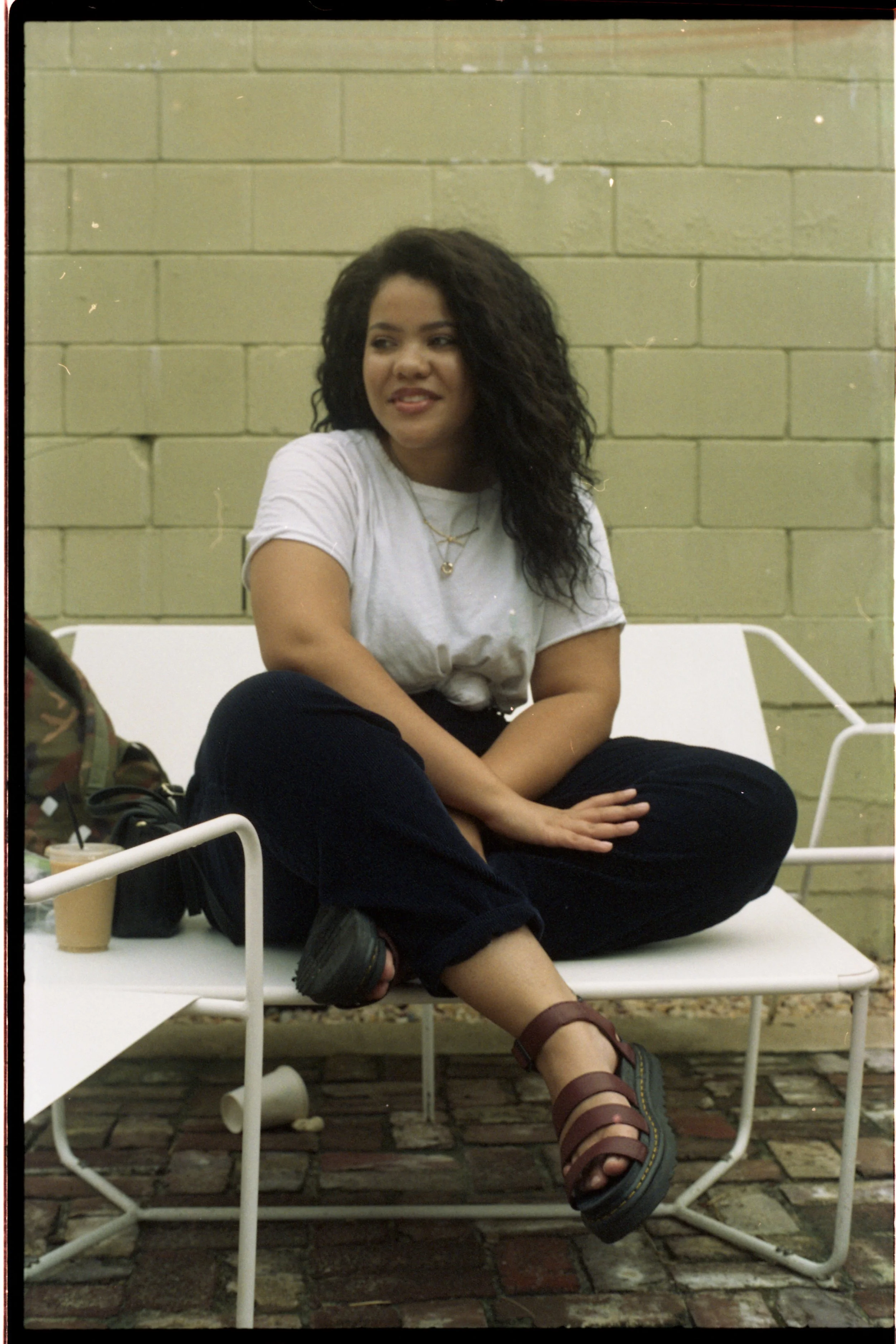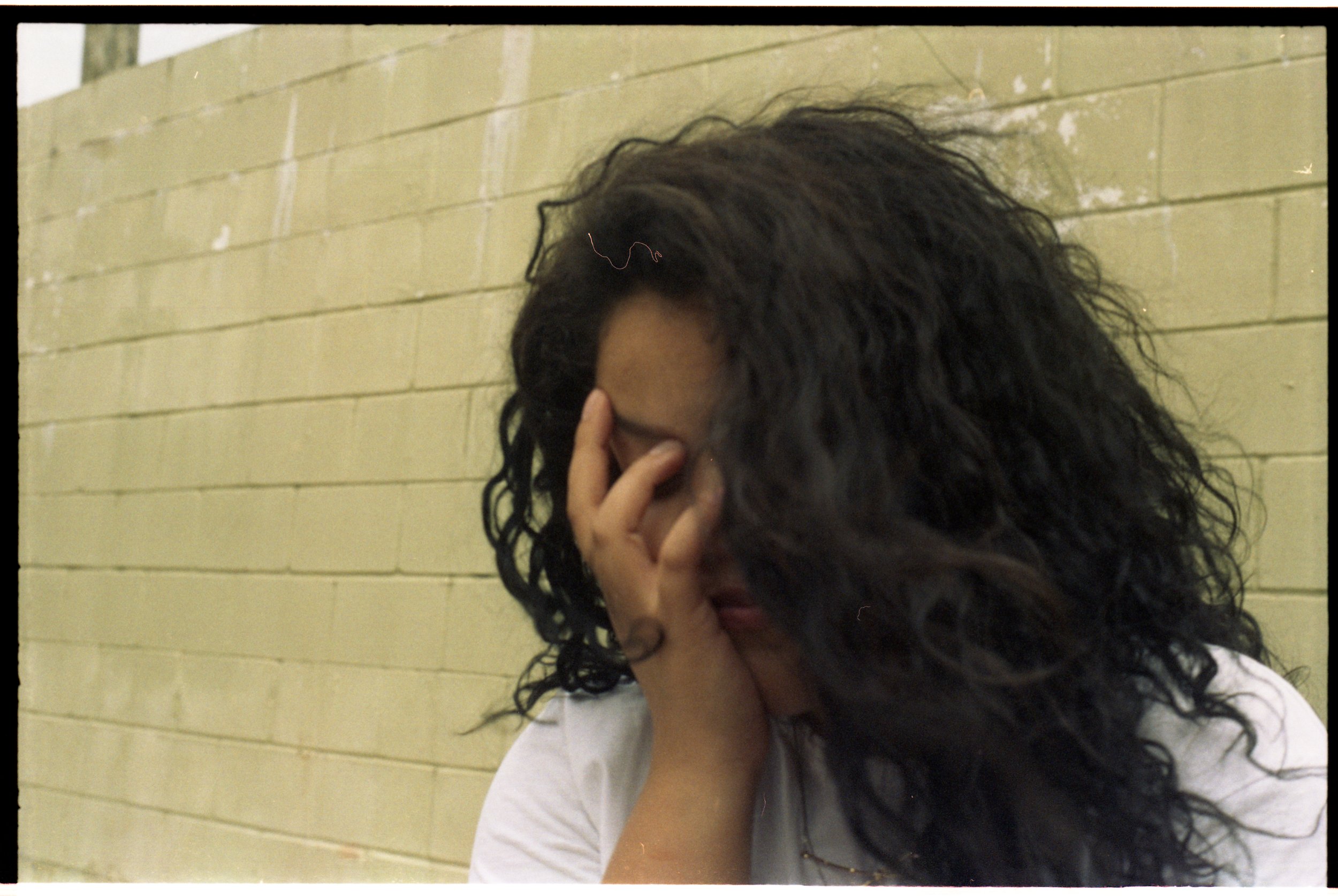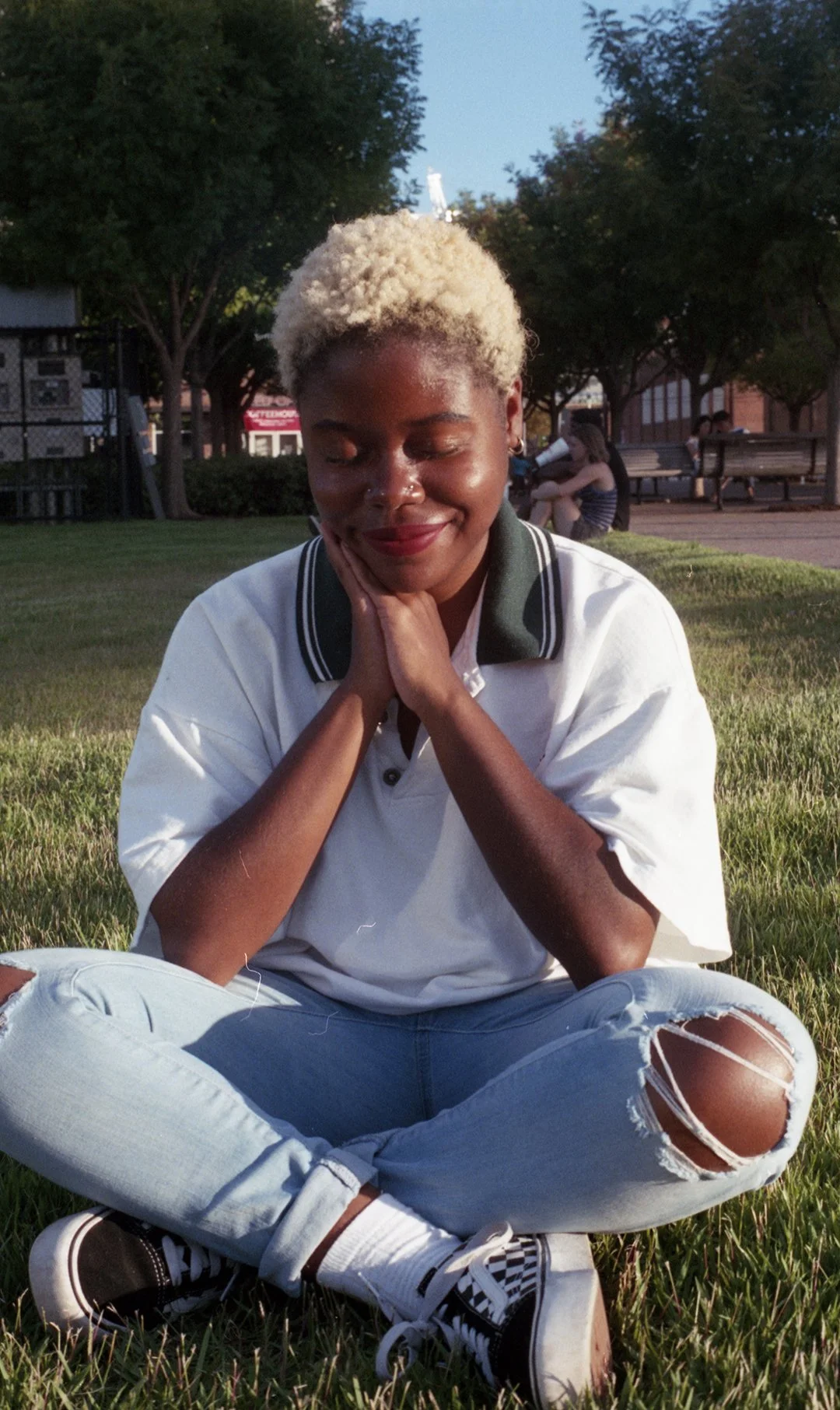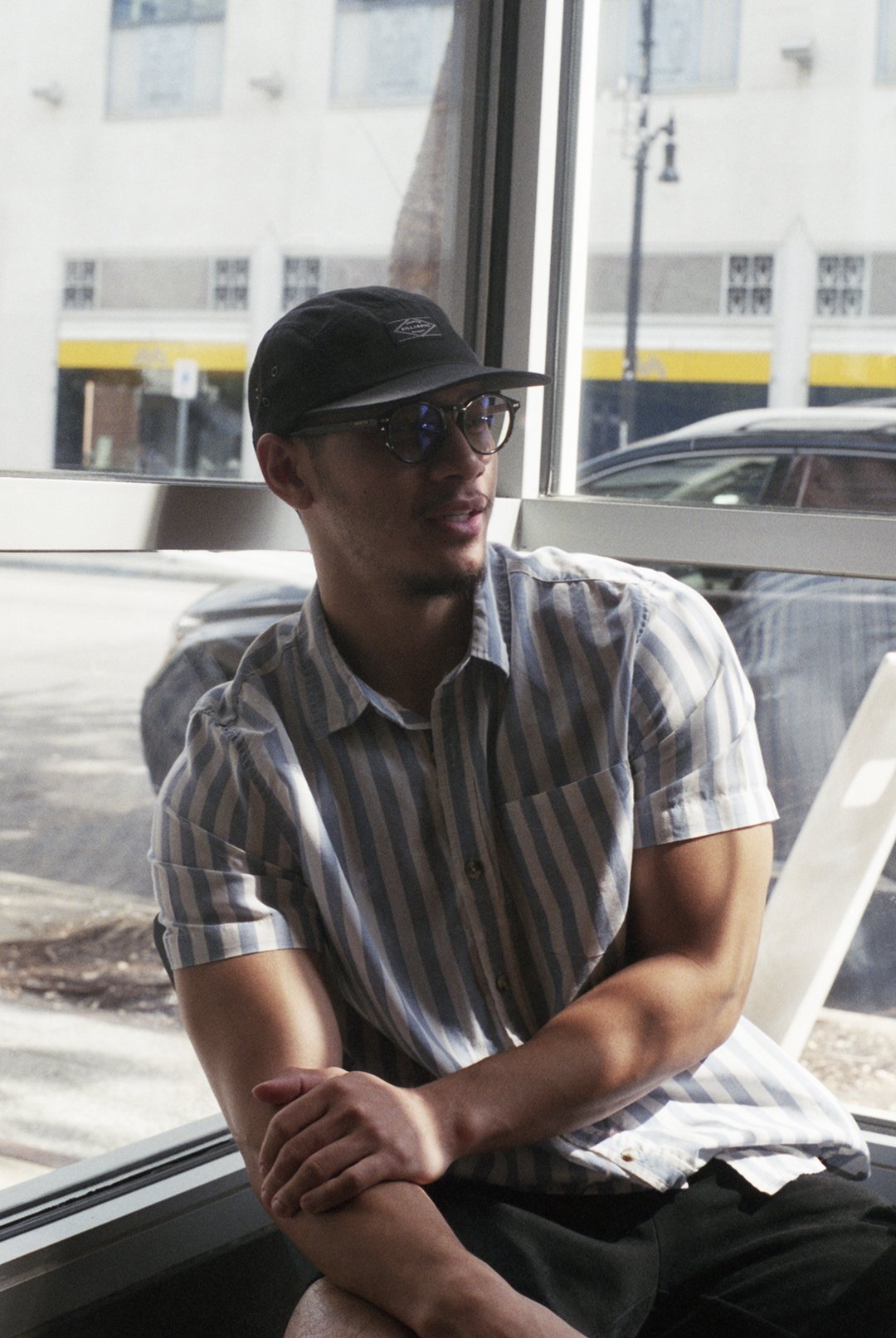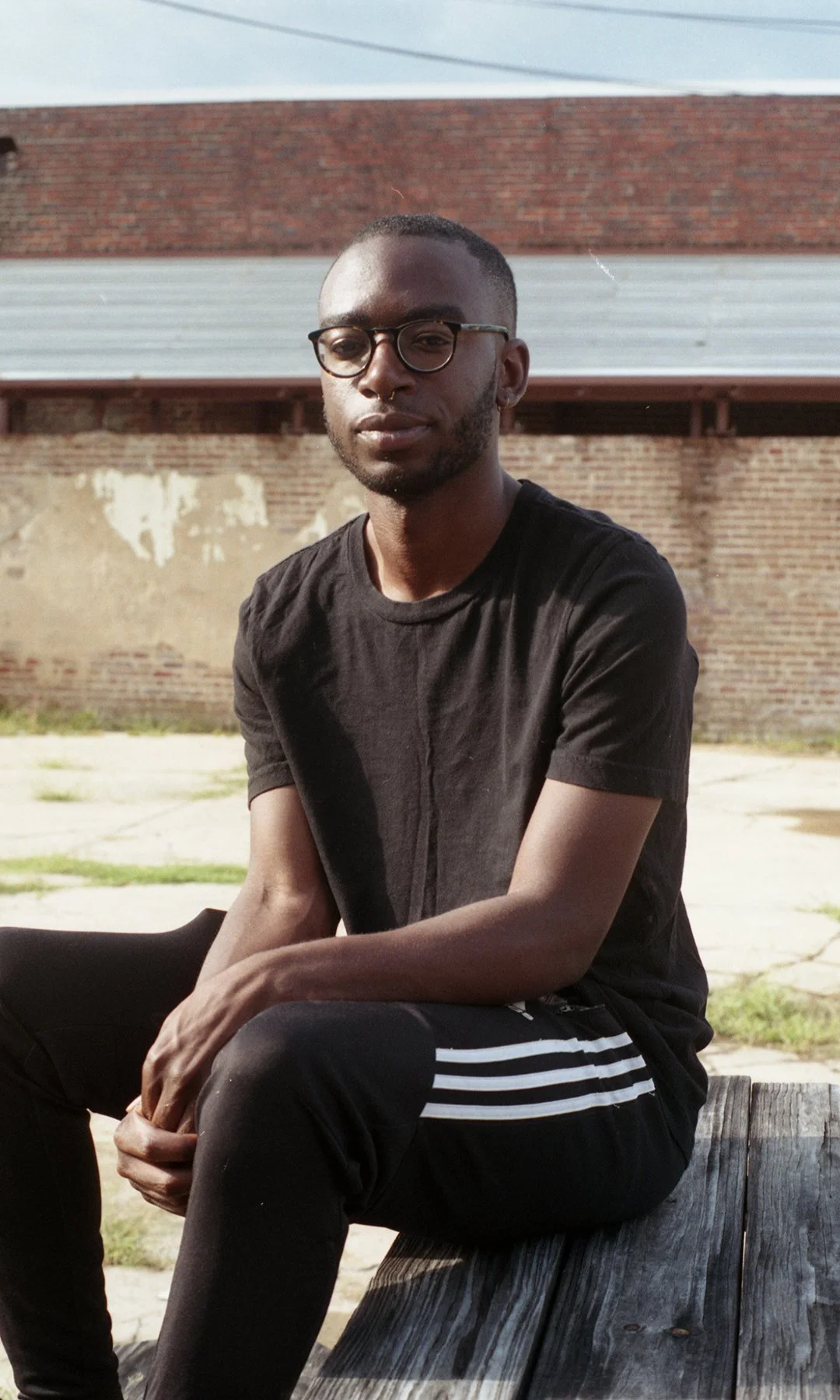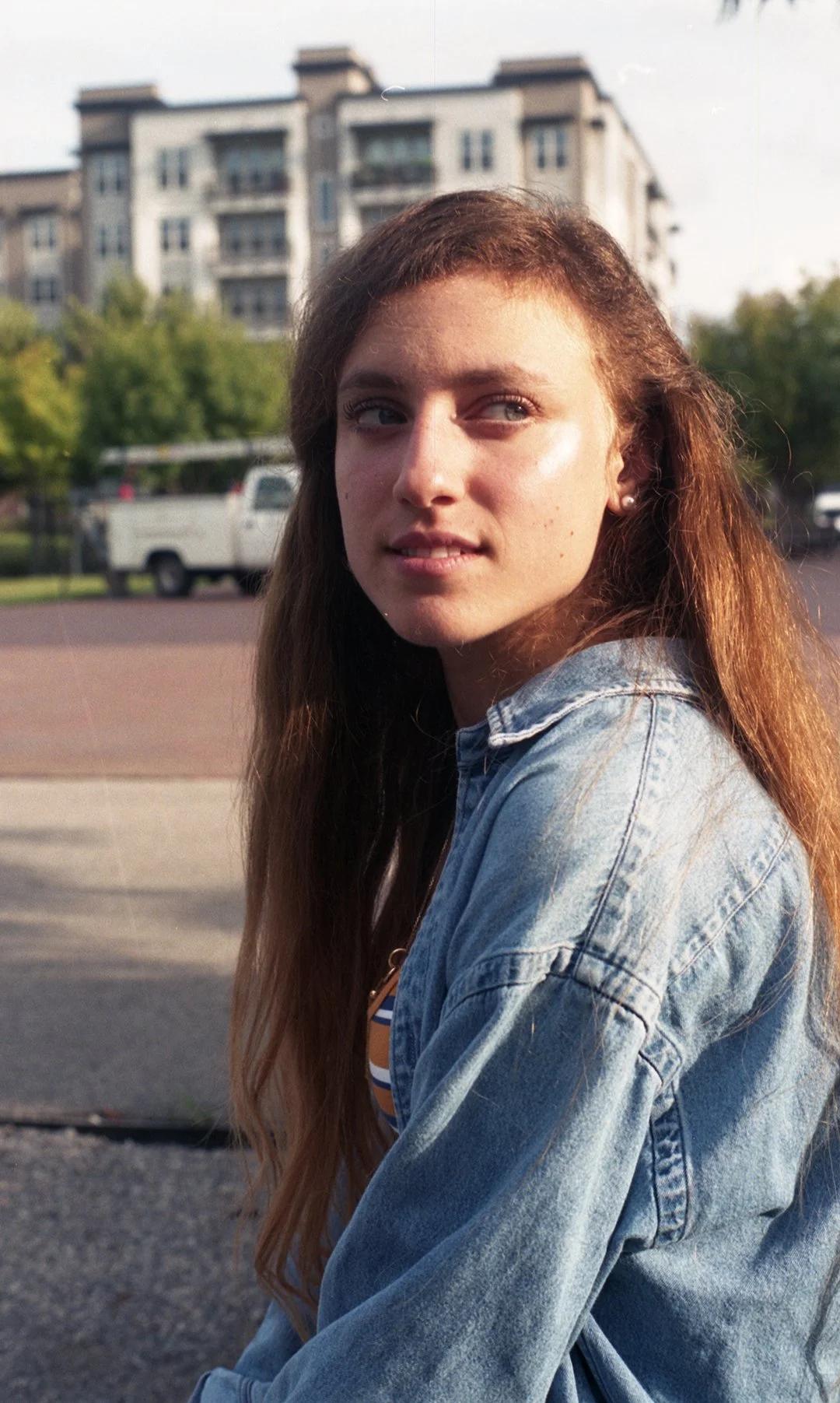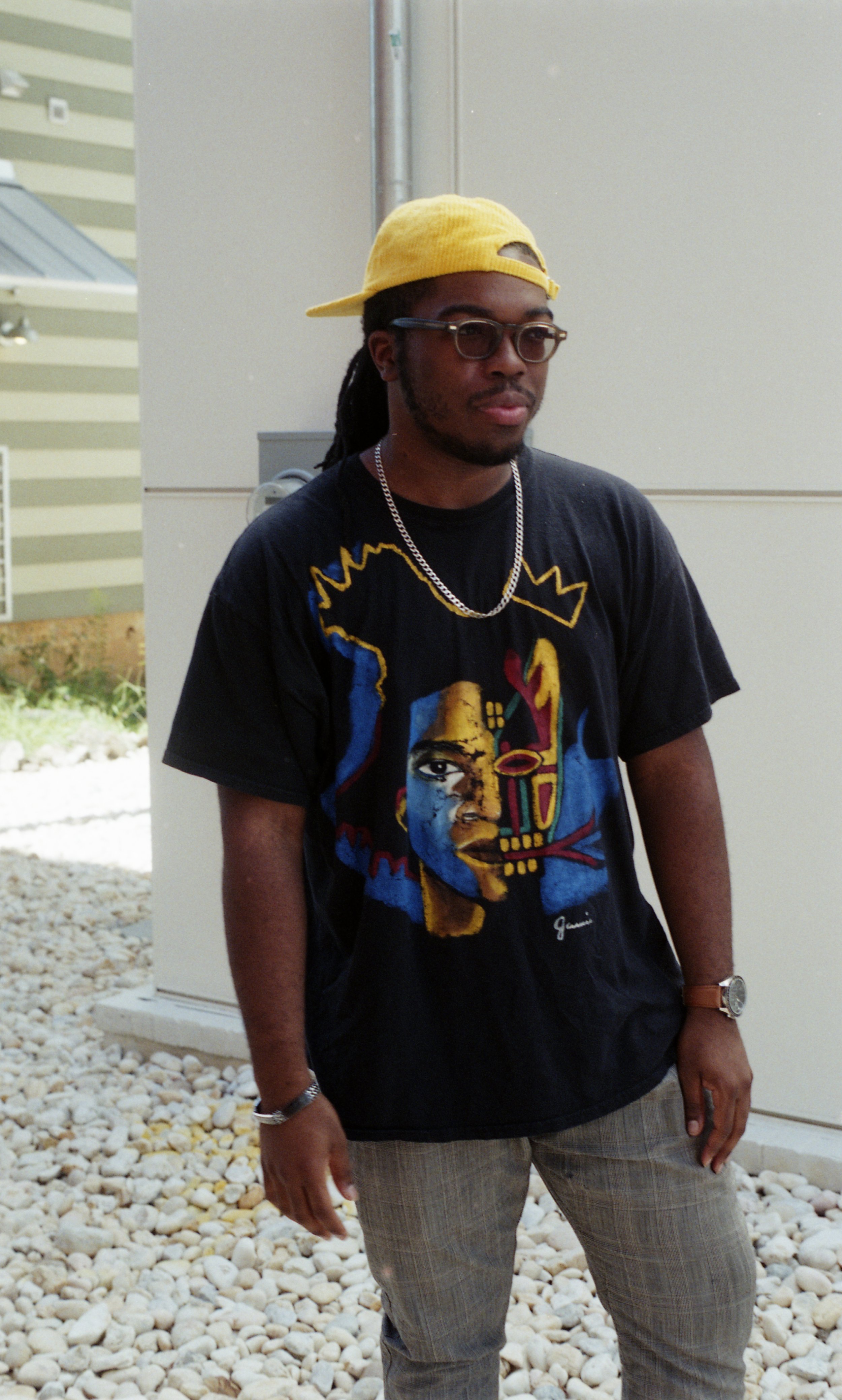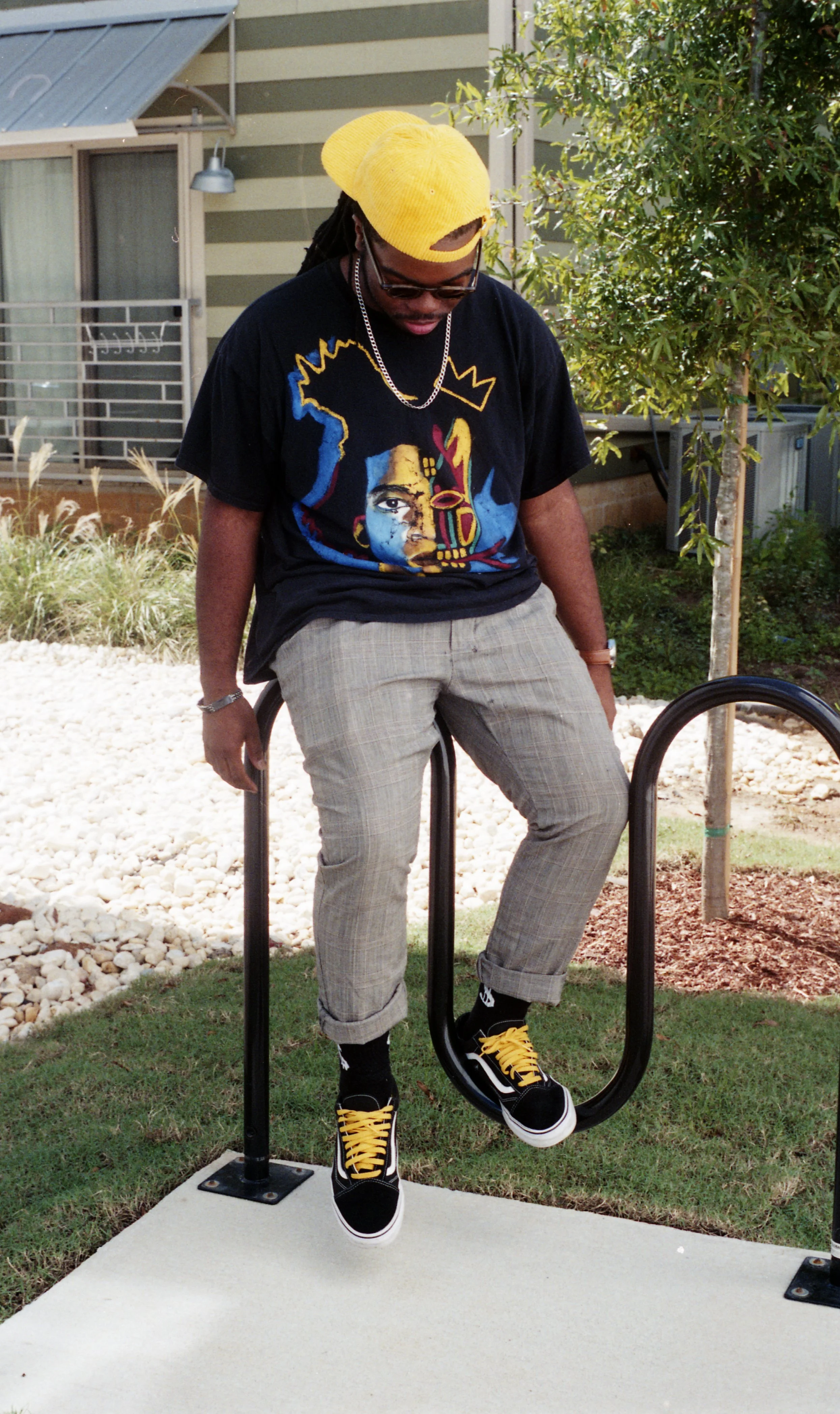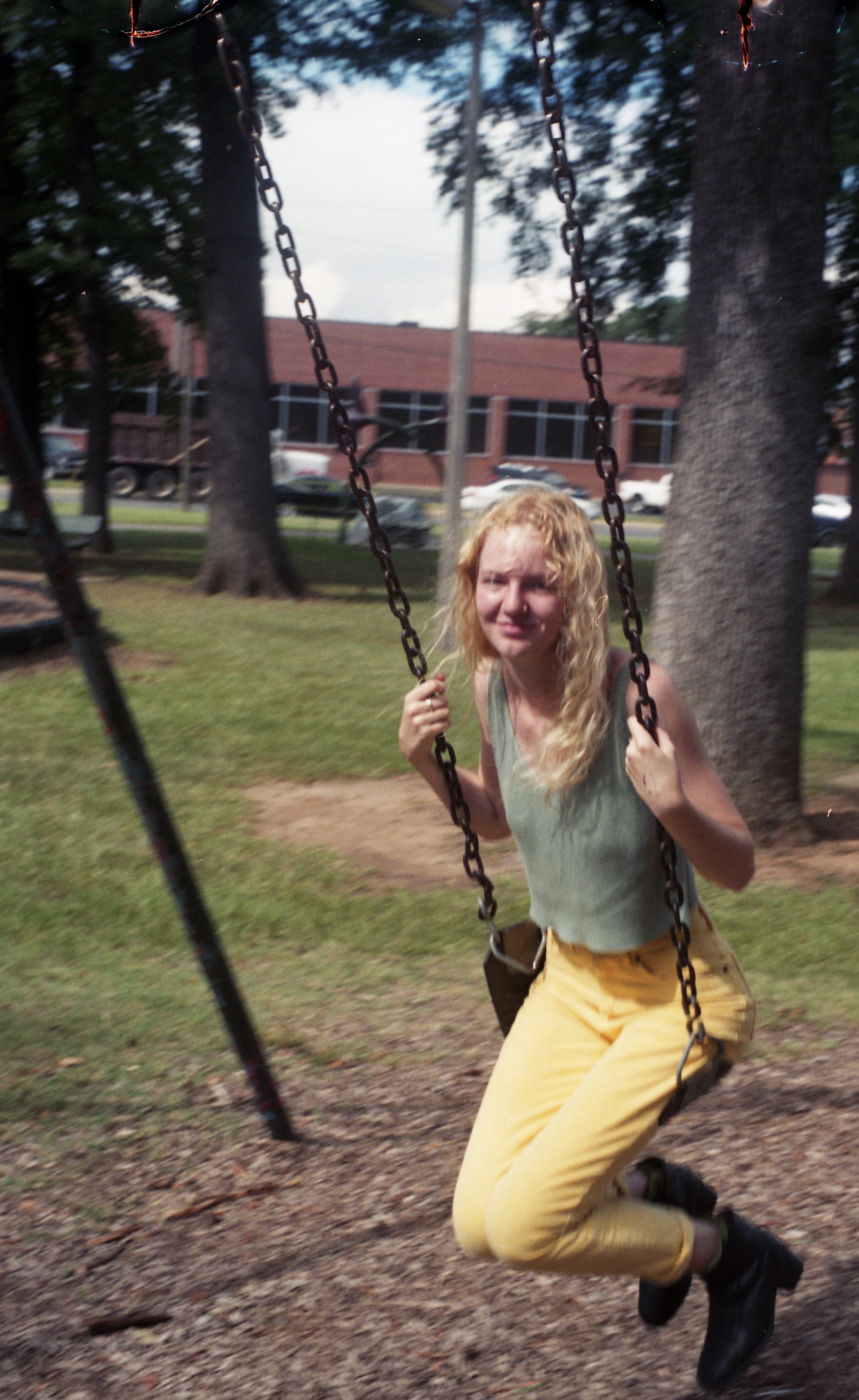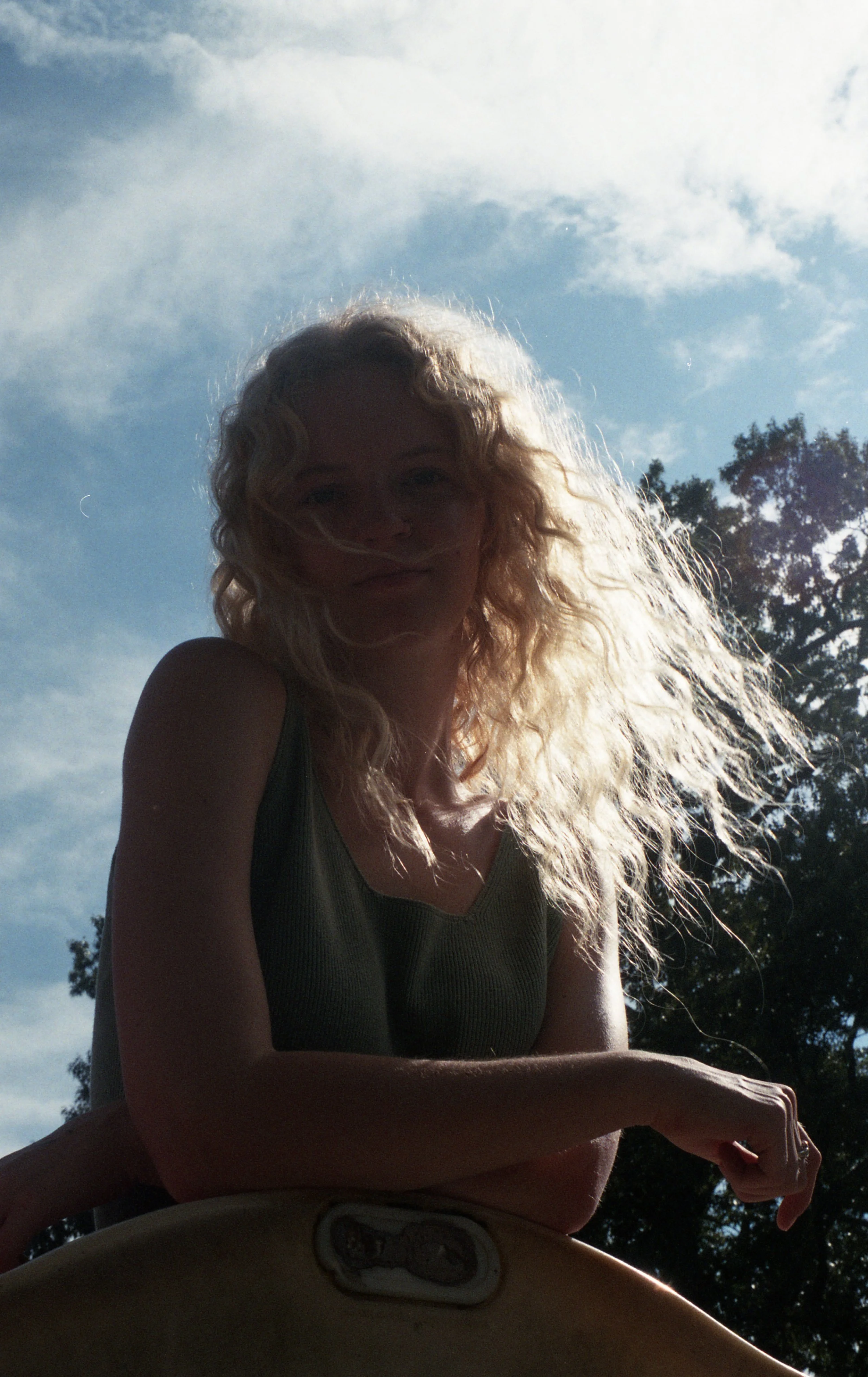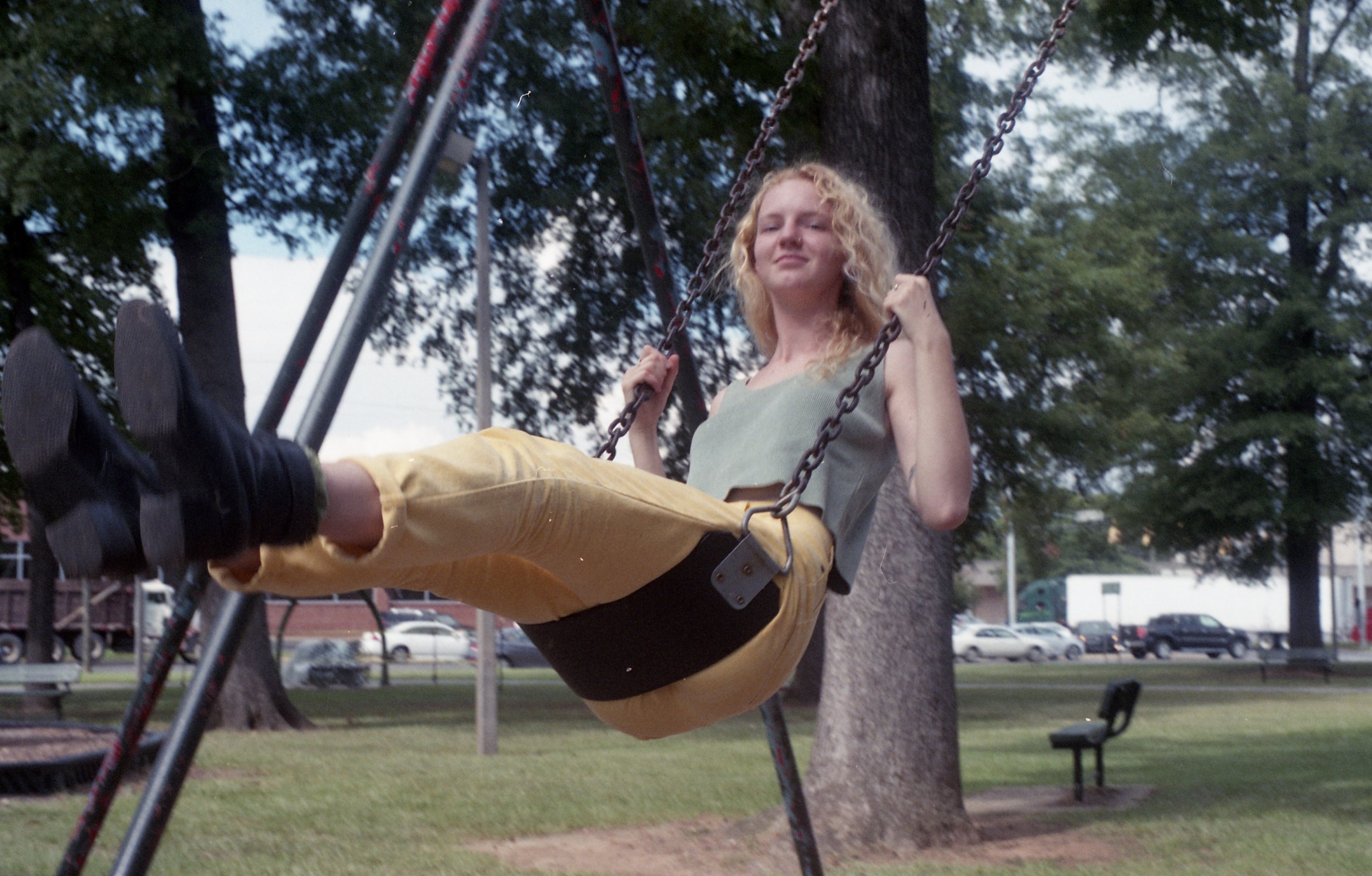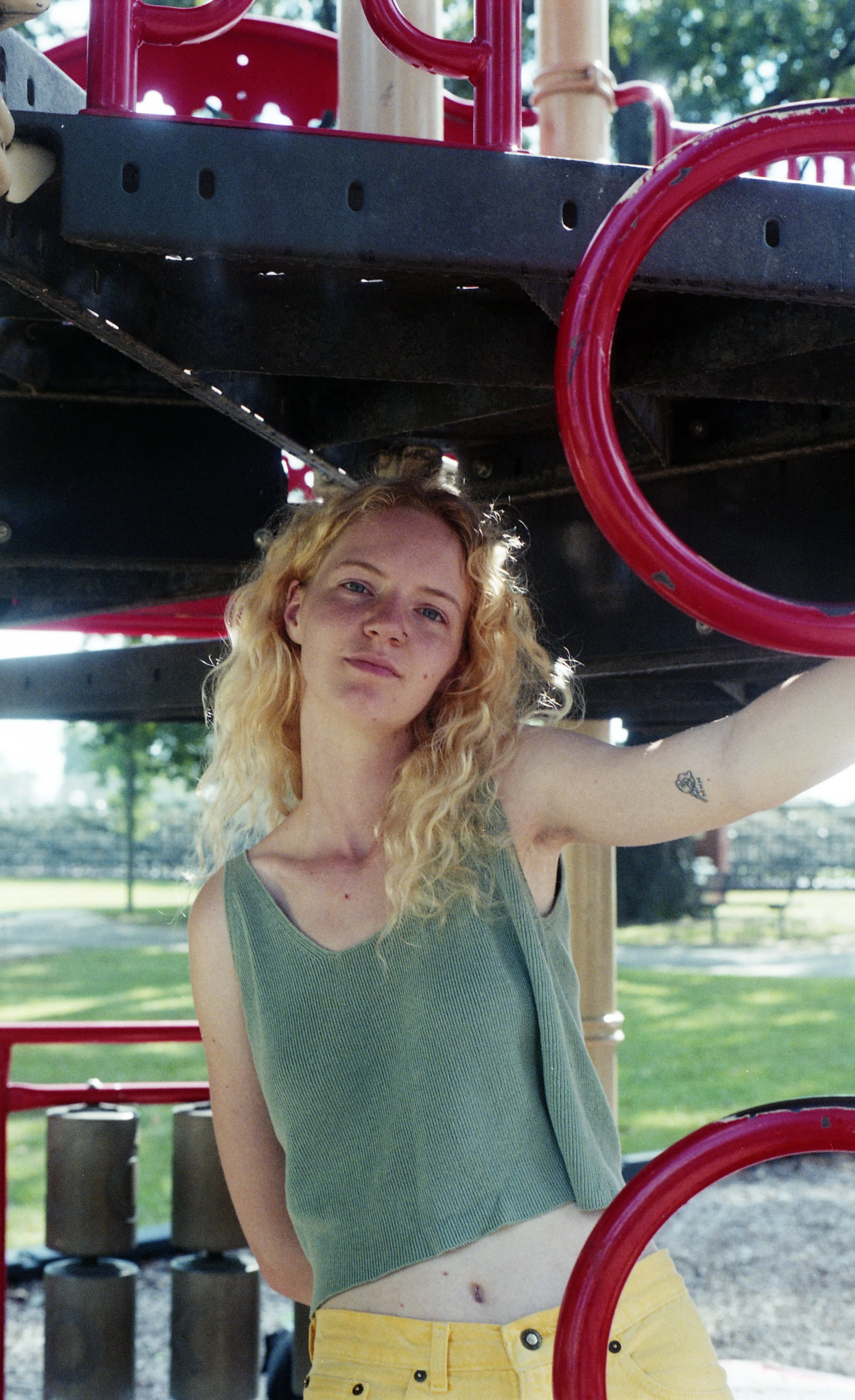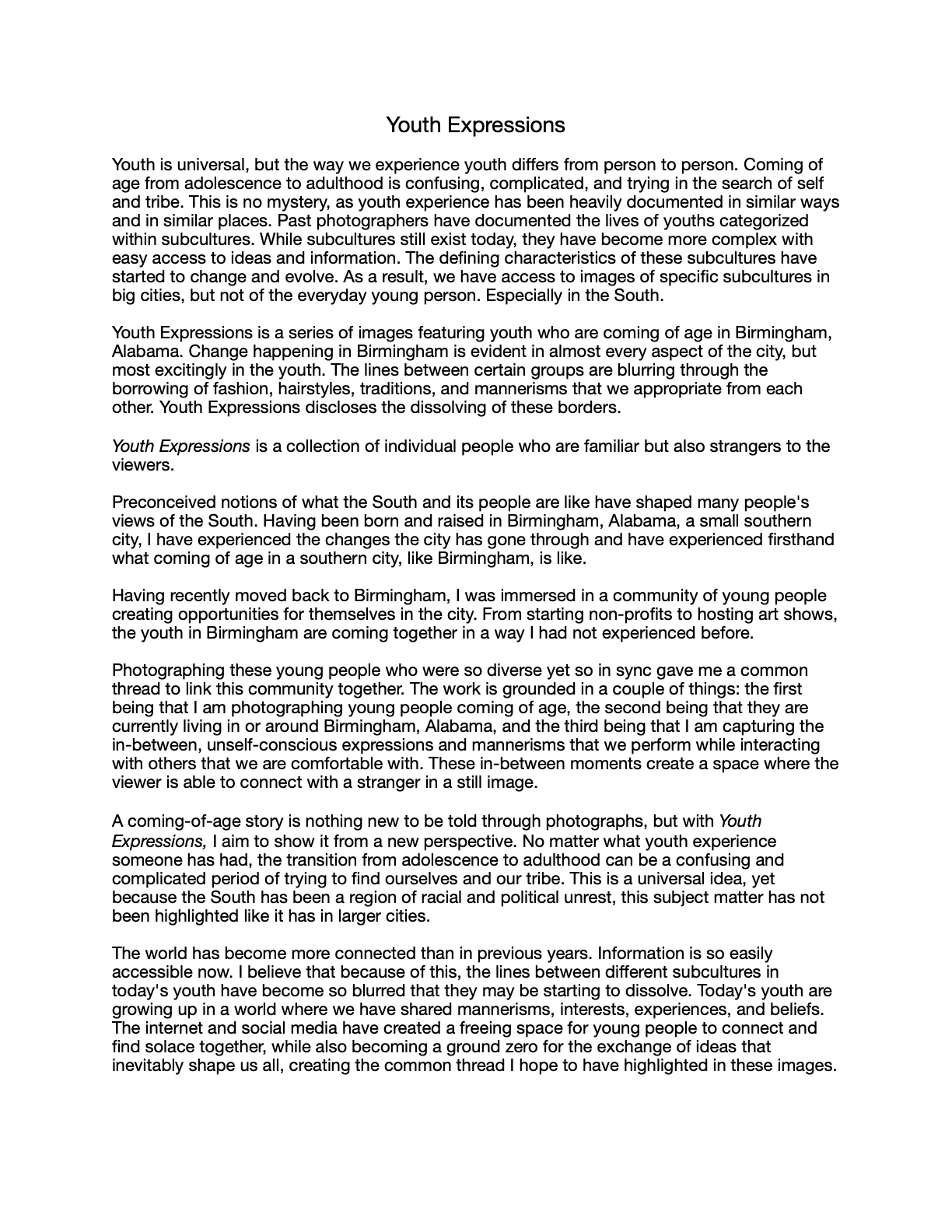Artist Bio
Caroline Japal (b. 1996, Birmingham, AL; lives and works in New York City, NY) is an artist, photographer, and art director. She has an intense interest in Black Southern American life, which influences her to create work that explores the connections between identity and place by combining moving and still images, printmaking, and object-making. She uses archival research, first-hand accounts, and personal artifacts to create work that explores the interconnectedness of Black artists and the ties they have to their individual histories, grown and nurtured in the American South.
She has received her MA in Design for Art Direction with Distinction from the University of the Arts London, London College of Communications, and her BFA in Photography and Painting from the University of Alabama.
In 2017, Japal founded Art Concept Magazine, her first major creative project, and served as Photo Desk Editor at The Crimson White newspaper. The year after, she served as an Art Director for Belladonna Magazine and alongside Tryna B Studios founder, Leslie Gomez, until joining the creative agency Cultured to Create in 2019, as Art Director and Installation Logistics Coordinator. After moving to London in 2022, Japal has begun creating work closely related to her roots in Alabama and the Deep South. Through her projects Akin and suBlack, she explores her genealogy, family history, and the connection her work as a Southern Black artist has to her homeplace. She is currently in preproduction for her film, suBLACK.
Exhibitions
Reclaiming Narratives | University of the Arts London
London, UK | October 2024
BONDS | London College of Communications
London, UK | December 2023
WIP Showcase | London College of Communications
London, UK | June 2023
Youth Expressions | Sella-Granata Art Gallery
Tuscaloosa, AL | November 2018
Bham Loft Show | MAKEbhm
Birmingham, AL | June 2018
TheMix Birmingham Showcase | TheMix
Birmingham, AL | May 2018
Annual BFA Juried Exhibition | Harrison Galleries
Tuscaloosa, AL | April 2018
Fredrick Japal’s Passport and Polaroid from Japal Family Archive, akin
digital collage, 2024
I never grew up wondering about where I came from. I knew where my grandparents lived, on both my mom's and dad’s sides of the family, and I spent time with them all the time. I played with my cousins in the summer Alabama heat, and we had cookouts on holidays where we all got to cook, eat, and watch movies together. But never once did I think this was a tradition of ours; it was just… what we did.
When my grandaddy passed away, during my senior year of high school, I became overwhelmingly saddened with grief. Sad because I lost one of the men who raised me for half of my life, but also because I lost an entire culture that I knew nothing about yet. My grandaddy Japal, was from Grenada and the oldest of 13 children. He immigrated to the United States and met my grandmama in Florida. Eventually, they were able to get married, and they moved to Alabama. I always knew my grandaddy was Indian, but I didn’t truly know what that meant culturally until he wasn’t here anymore to share any of his history with me.
My dad, as a kid, never visited Grenada, and so he also did not feel any ties to that place. My grandaddy’s siblings all lived around the world, so growing up, we didn’t even know any of them.
After I no longer had the option to learn from him about that side of my family, I did everything I knew how to learn about the culture. I became obsessed, and the more I learned, the more my memories of my grandaddy started to fade. I felt like I didn’t know anything about myself and that I needed to reconnect to my roots somehow.
This reconnection journey, or rememory as bell hooks would call it, is just beginning for me. As a Black American, our history was systematically erased. Our ancestors were ripped from family, our land, our culture, and our languages. Since 1619, when the first ship carrying enslaved peoples of Africa landed on the shores of Virginia, and for the next 350 years. My ancestors would be forced to pass down their own history, culture, and belief systems as best they could and be responsible for preserving what little they were able to hold onto about their homeland.
Akin is not just a journal documenting my personal journey of the discovery of who I am and where my people come from, but it is a love letter to the many Black people who came before me and fought like hell to persevere, so I can be here today to live my life as freely as the systems I’m subjected to live within will allow me.
Youth Expressions
Sabina in Her Bedroom, Tuscaloosa, AL
archival inkjet print, 2018
In her exhibition, Youth Expressions, CAROLINE JAPAL focuses on portraits of young people and their experience of coming of age in Birmingham, a small Southern city, something that Japal realized had never been done before.
"In researching this," she said, "I found only photo projects that focused on youth culture in larger cities and none in small cities like Birmingham, or in the South."
Japal's photos of young people feel personal because the artist actively engages with her subjects while she takes pictures. "I meet with them in a public place, like Railroad Park or UAB campus, and we walk around talking while I photograph them." She says she catches "the in-between moments" when her subjects are open and unself-conscious. "I think viewers will be able to relate to them whether they know my photographic subjects or not."

